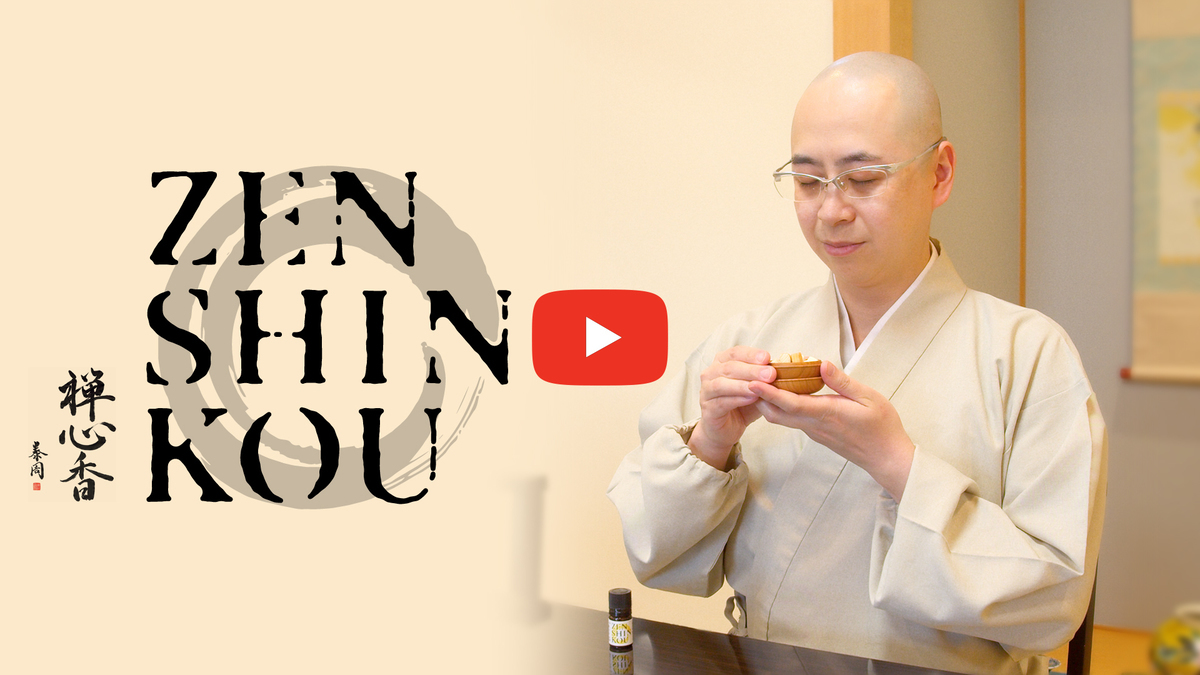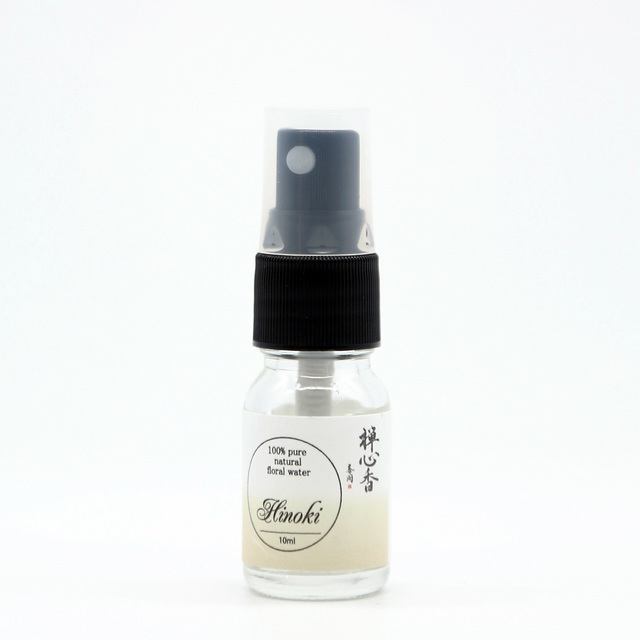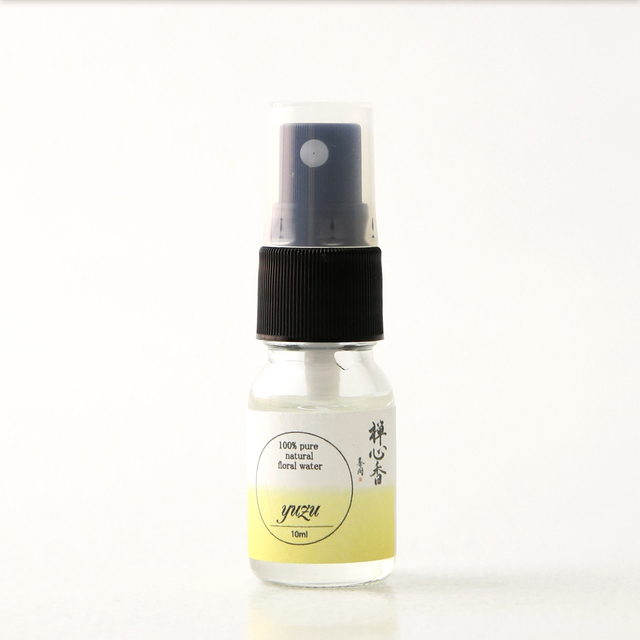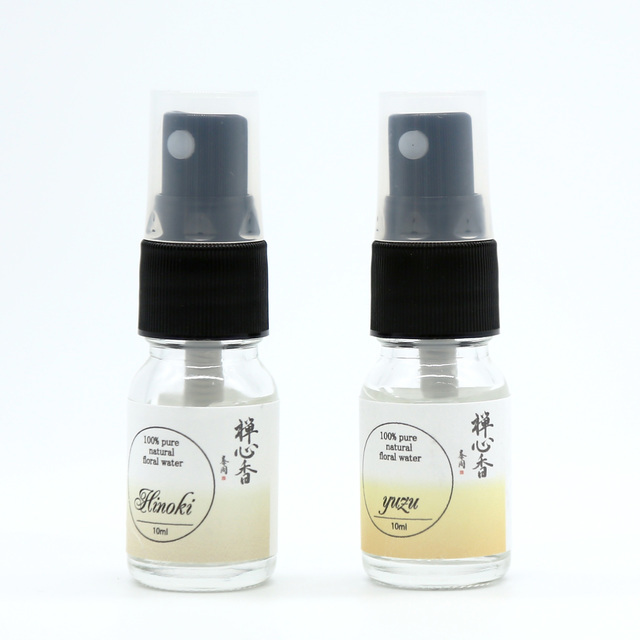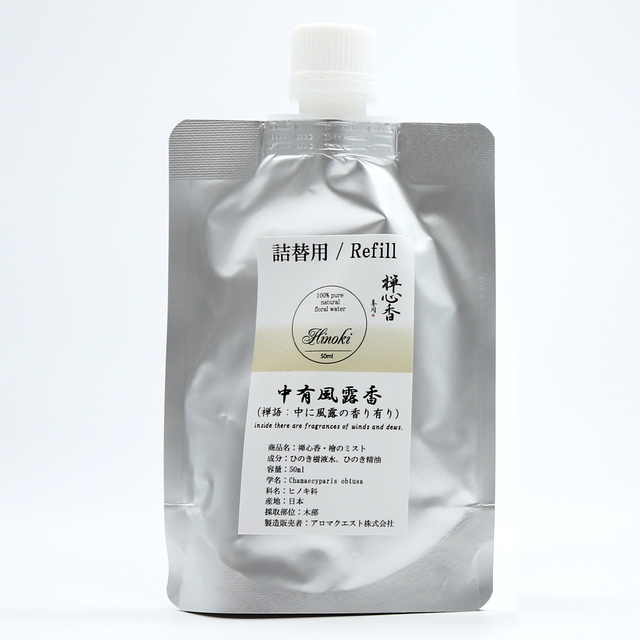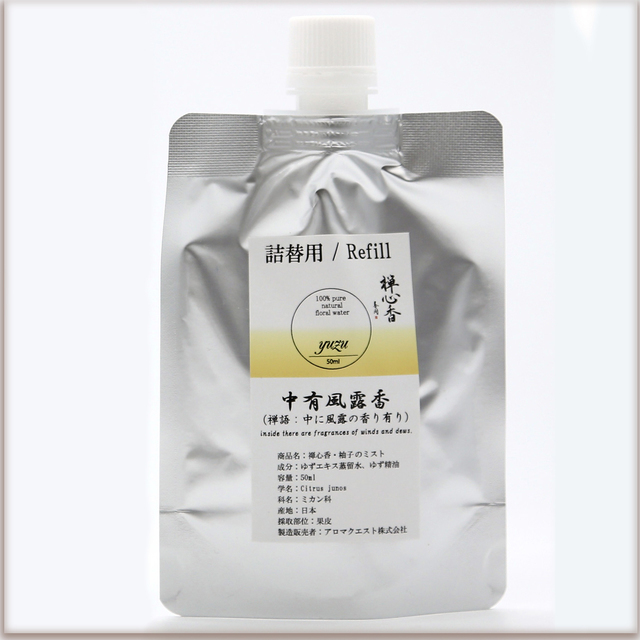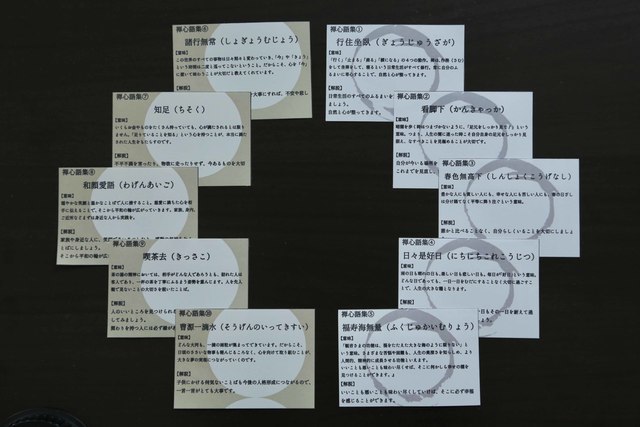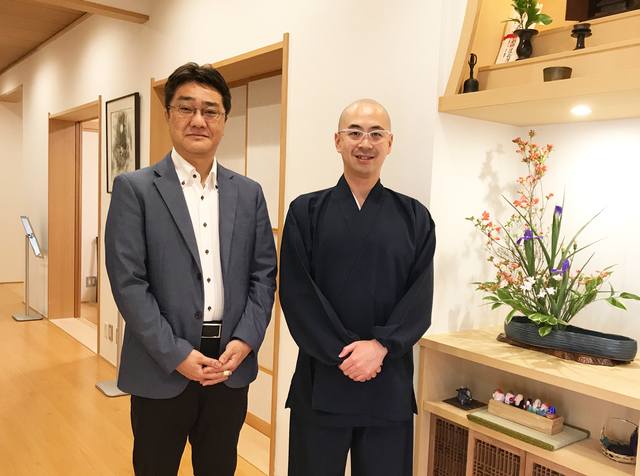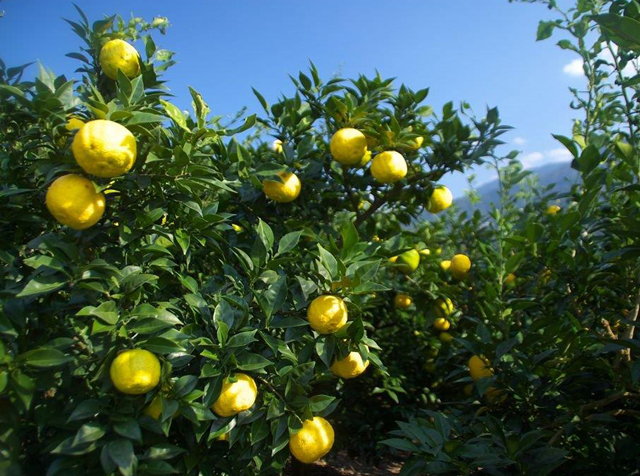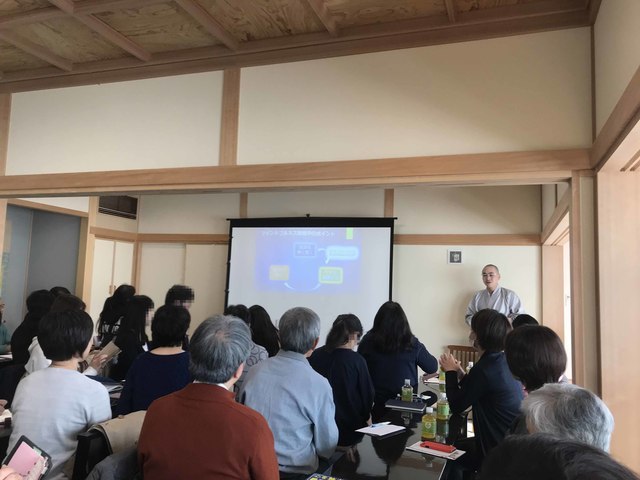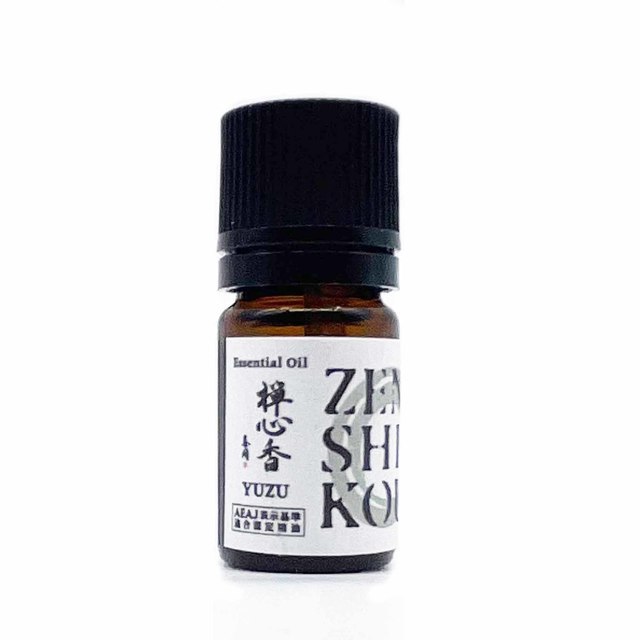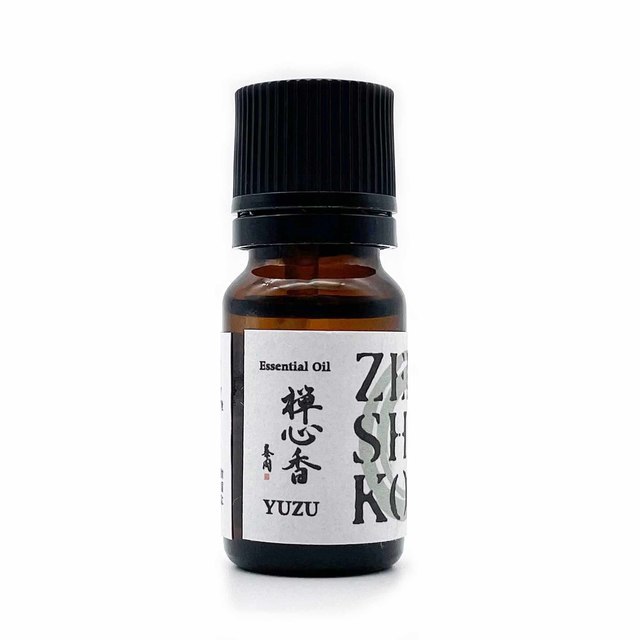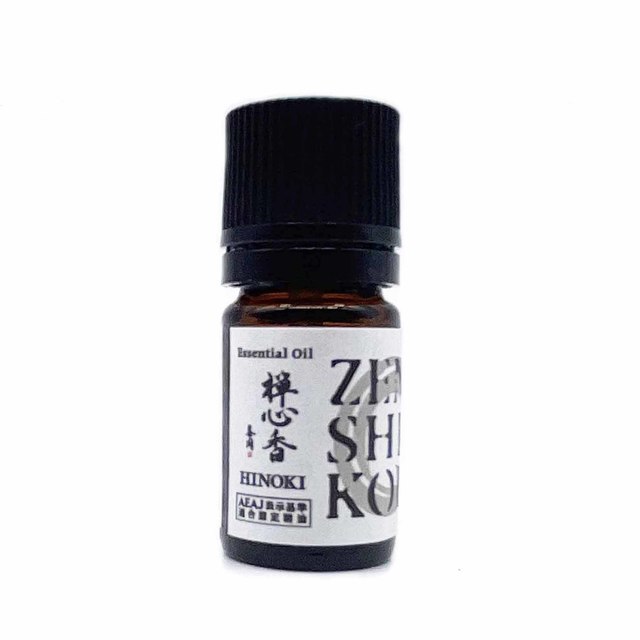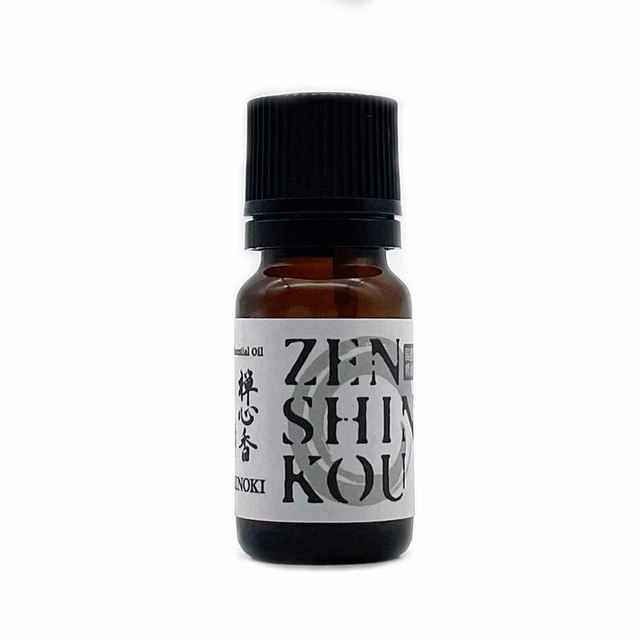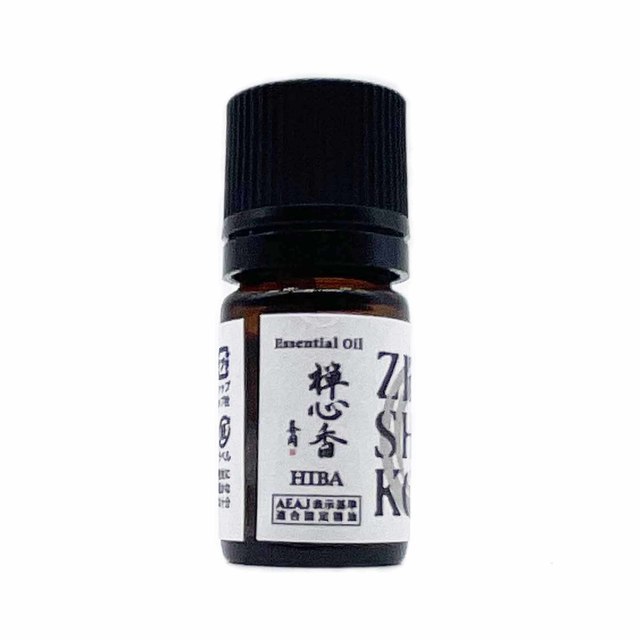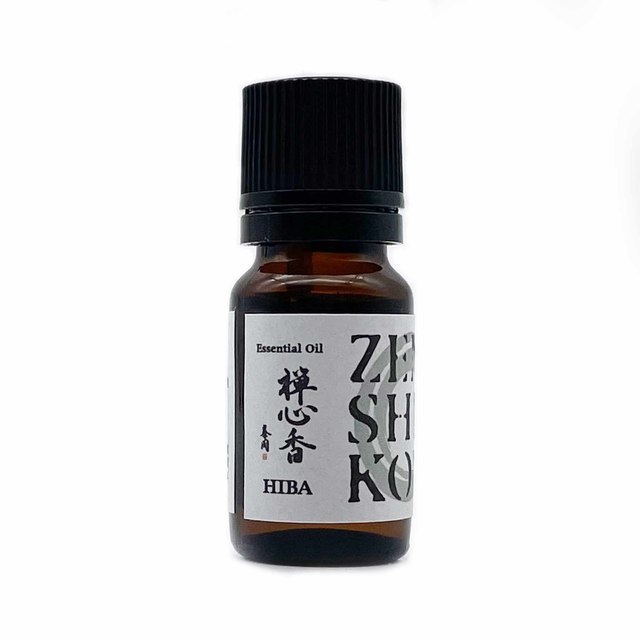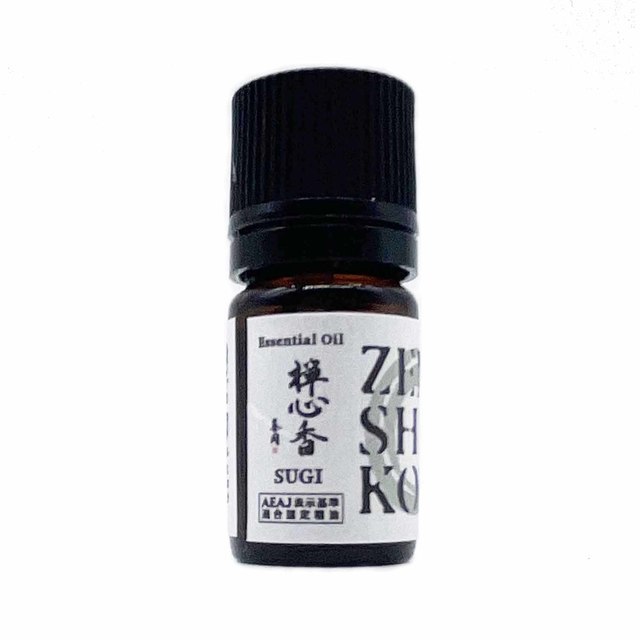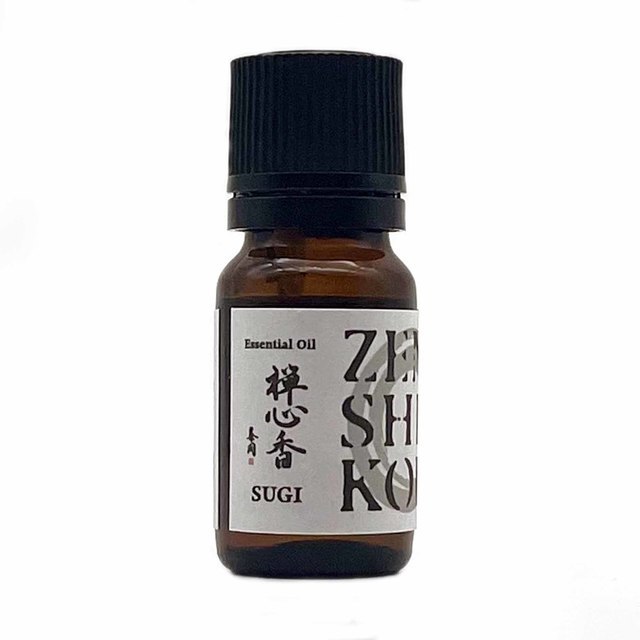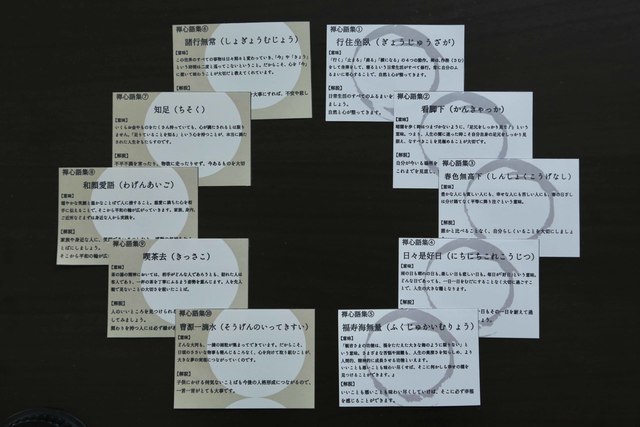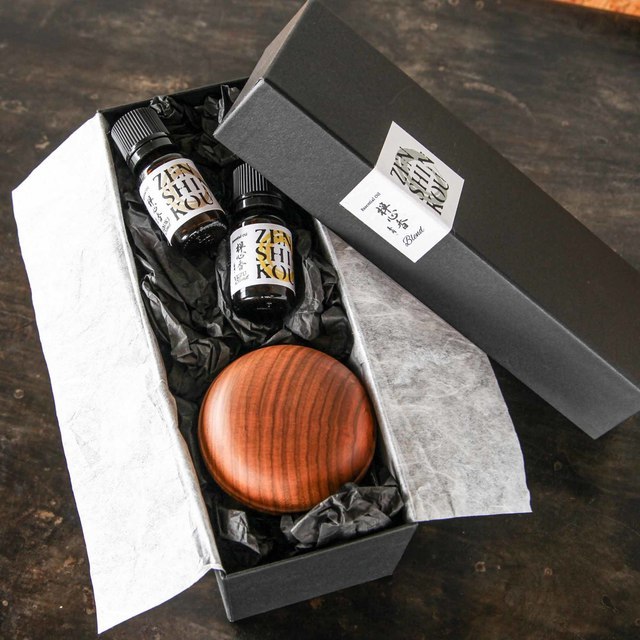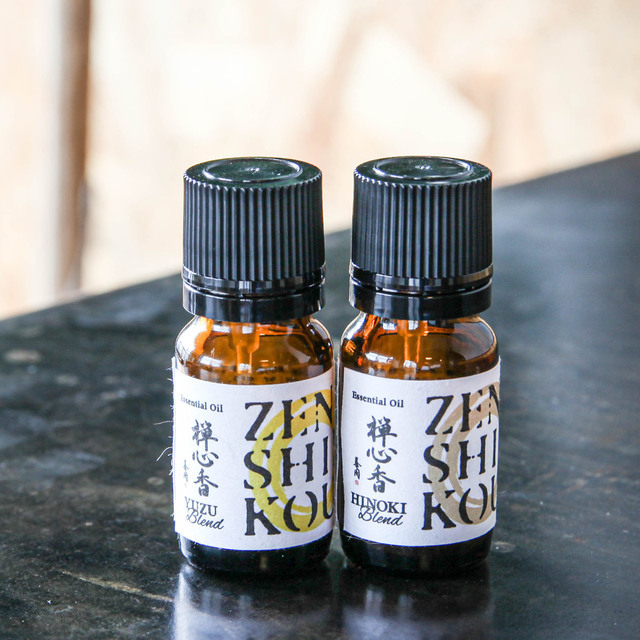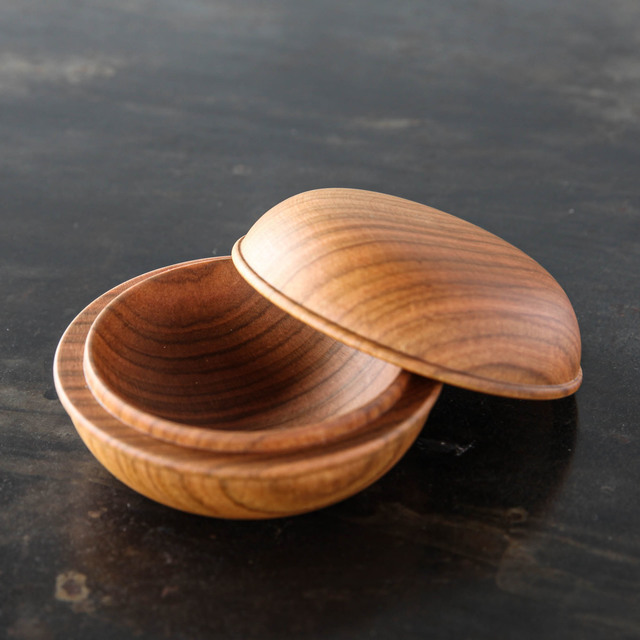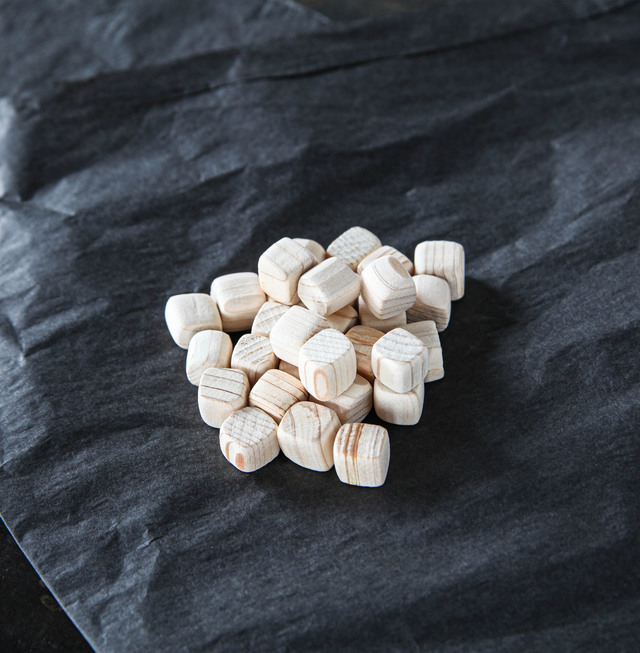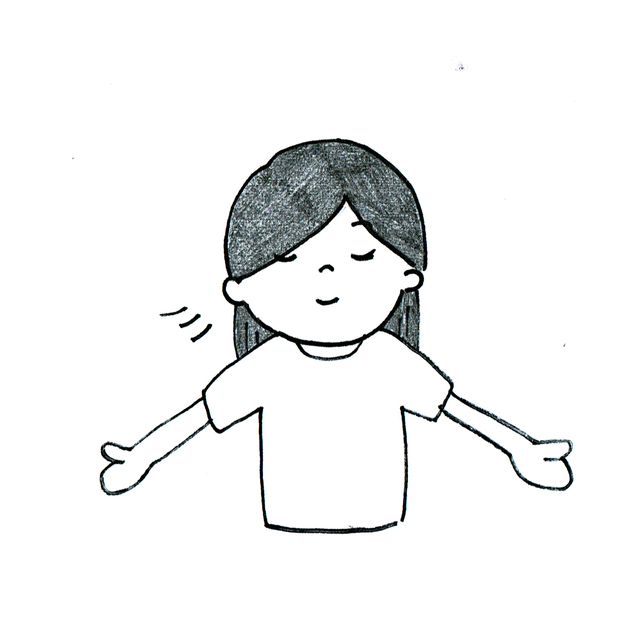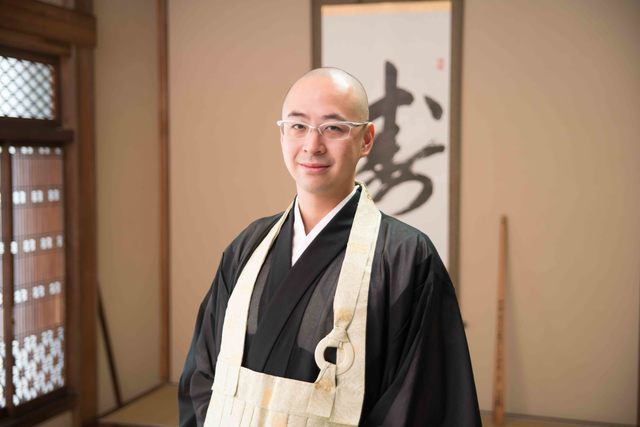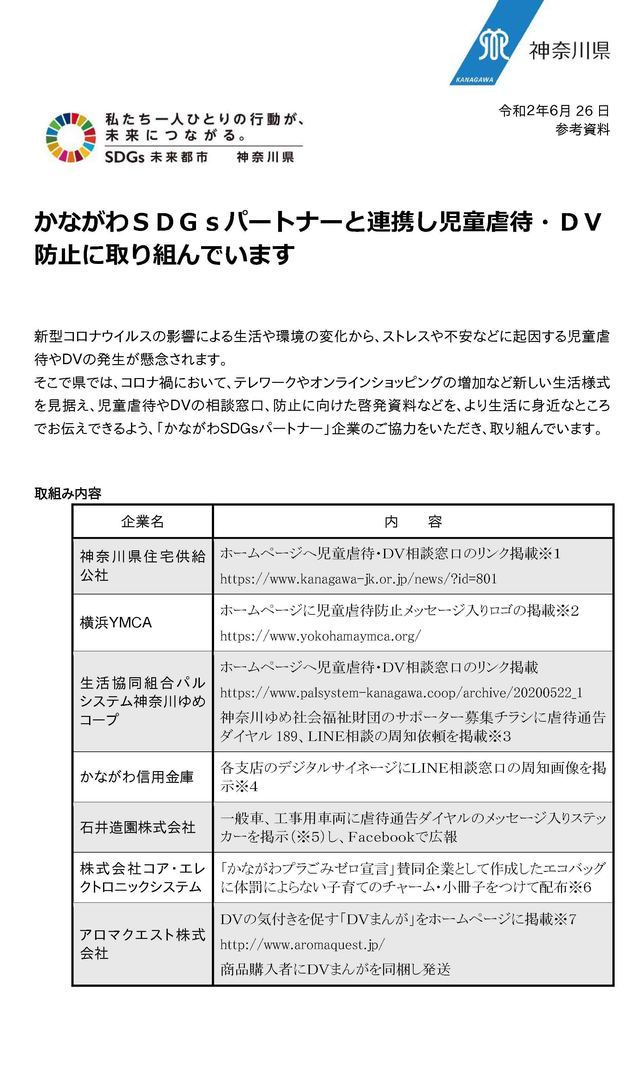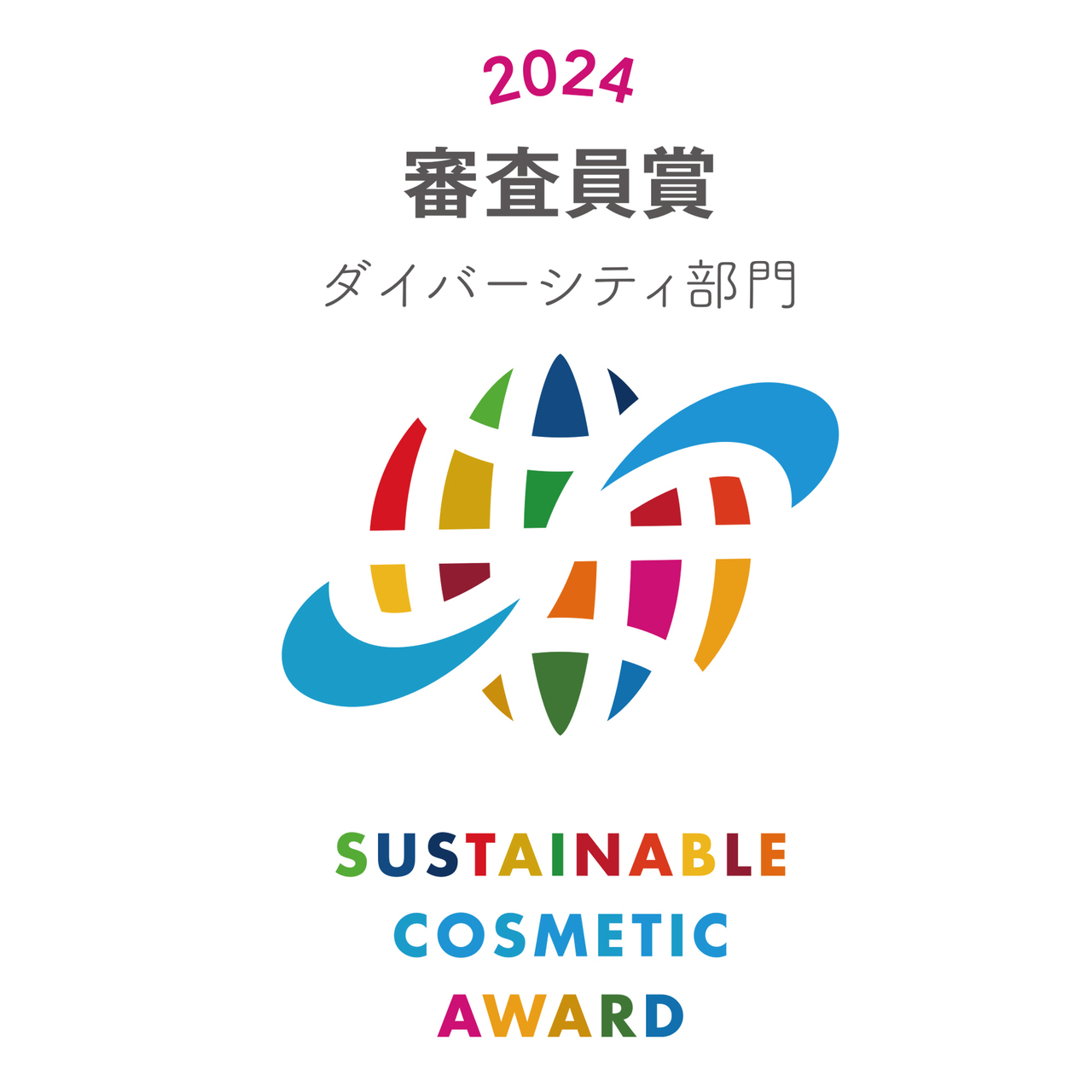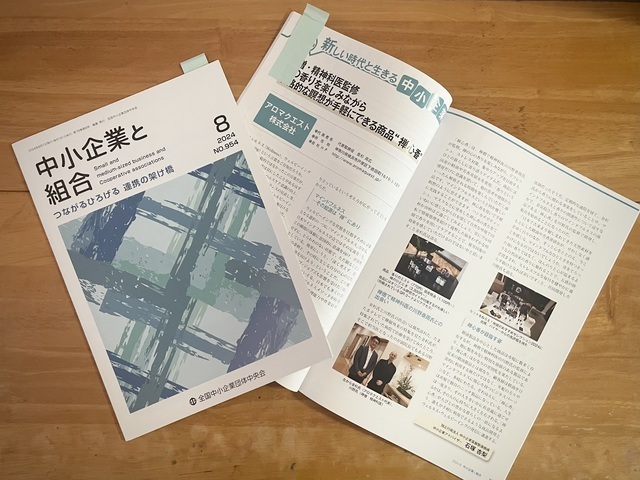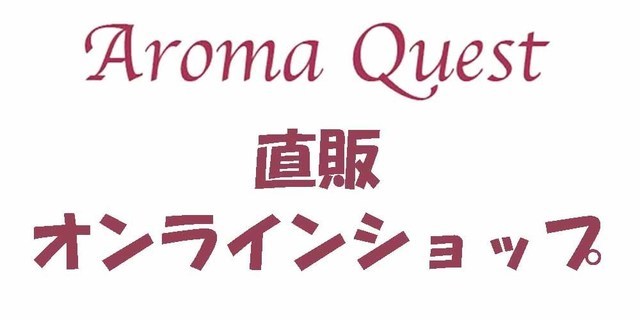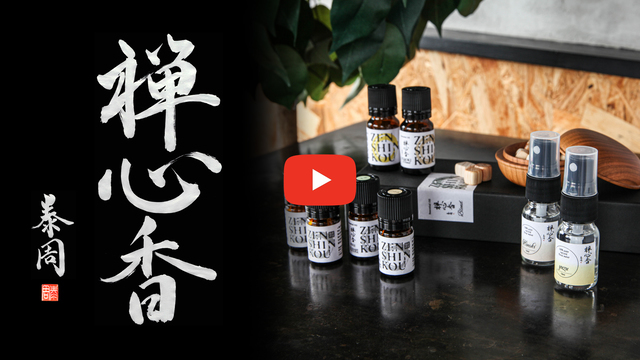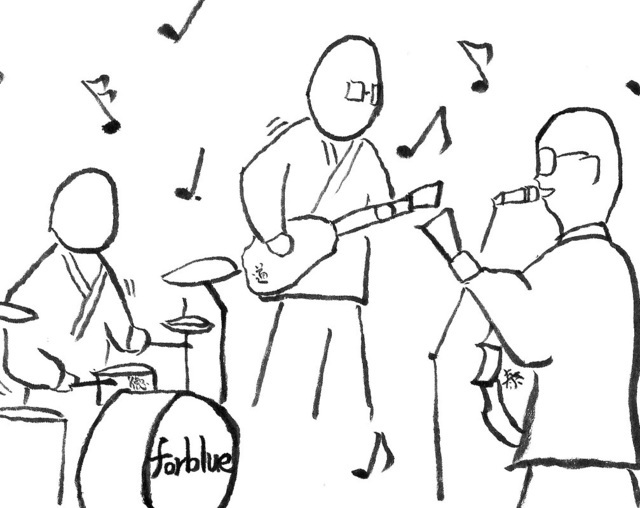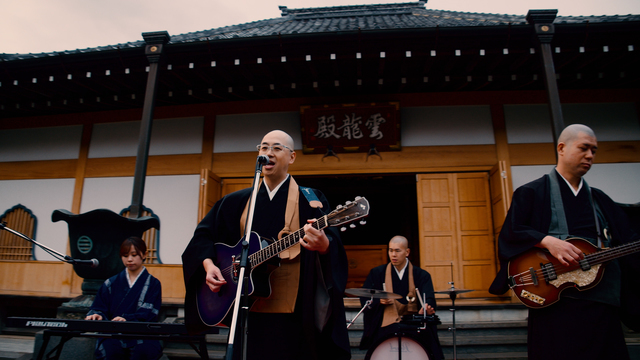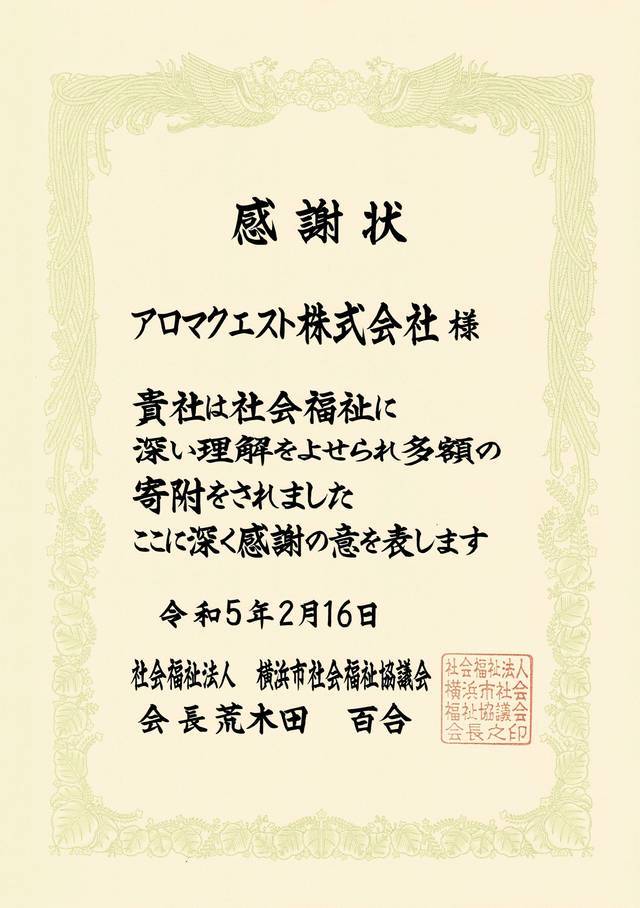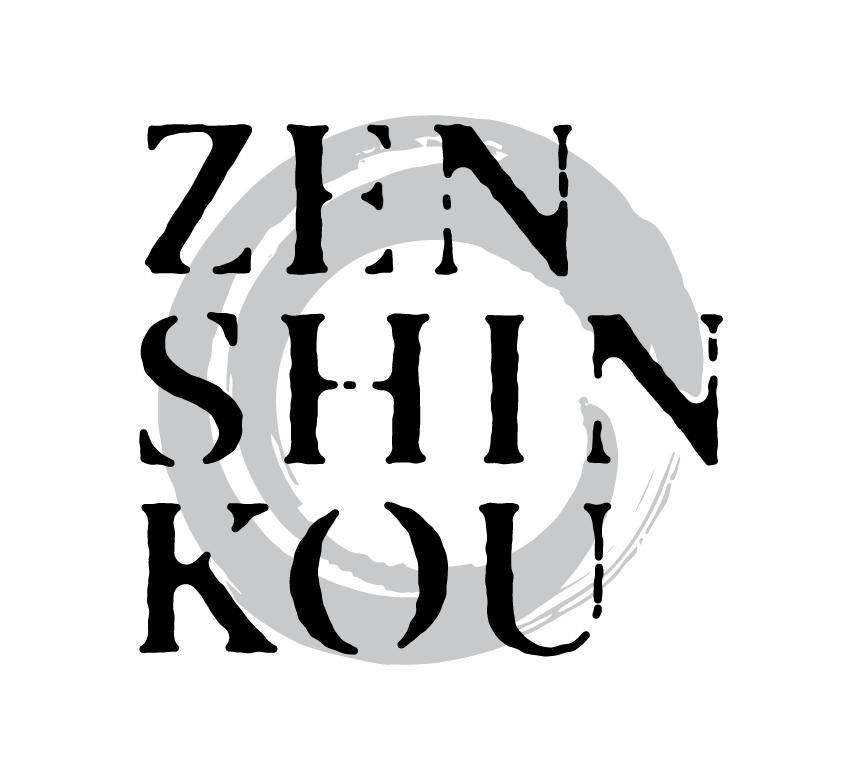
Zen-Shinko" is a product that allows people living in a stressful society to experience mindfulness meditation while enjoying the "Japanese aroma".
Under the supervision of Zen monk and psychiatrist Dr. Yasushu Kawano, we have developed an "aroma mindfulness practice" that uses fragrance. Zen mindfulness incense" uses "Japanese aroma," which is made from domestically produced essential oils and domestically produced aromatic distilled water.
Zen mind is the heart of Japan. We named the fragrance "Zen mindfulness incense", which is the fragrance of the mind of Zen.
Supervised by Taishu Kawano, Zen monk and psychiatrist
- People today are tired of their hearts and brains.
- Origins of Mindfulness
- Mindfulness and Fragrance (Contributed by Taishu Kawano)
- Aroma of Zen mind・・・『ZENSHINKOU』
- 「ZENSHINKOU・Scented Mist」
- 「ZENSHINKOU・Japanese Essential Oil」
- 「ZENSHINKOU・A Moment of Zen」
- Mindfulness Meditation
- Mindfulness of Fragrance
- Point of smell
Zen Mind and Japanese Spirit without Waste
- The Zen Spirit of "Treating Things with Care to the End
Why 「ZENSHNKOU」?Telework and ZENSHINKOU (Contributed by Taishu Kawano)
- Profile of Taishu Kawano
- Media Coverage
- SDGs
A little column for a time like this.
1. Supervised by Taishu Kawano, Zen monk and psychiatrist
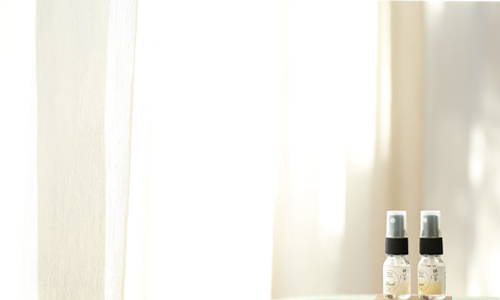
In the IT age of information overload, our minds and brains are more tired than we think. Many people suffer from unexplained health problems, lack motivation, or tend to feel depressed.
Under the supervision of Dr. Taishu Kawano, a Zen monk and psychiatrist who has practiced mindfulness* for many companies, we have developed "Zen-Shinko".
Zen-Shin-Ko" is a product that allows people living in a stressful society to experience meditation (mindfulness* practice) while enjoying the "Japanese aroma".
Mindfulness is an attitude of concentrating on what is in front of you, without thinking about everything else.
2. People today are tired of their hearts and brains.

In today's world of smartphones, we are constantly connected to a wide variety of people, and real-time replies are the norm. This makes it difficult to concentrate on the "present moment," and the mind wanders, which tires the mind and brain. Another typical example of "walking while doing something" is walking on the phone, which tires the mind and the brain. When fatigue accumulates without being noticed, it is difficult to concentrate on anything, and motivation declines. In addition, symptoms such as headaches and stiff shoulders may occur. In other words, the mind and brain of modern people are easily fatigued.
It is said that the amount of information flying around the Internet has increased 700-fold in the past 10 years. 700-fold increase in the amount of information does not mean that our brain's processing capacity has evolved 700-fold, and we are using up most of our attention on information from the outside. In other words, our own inner awareness is declining.
When the power of inner awareness declines, we are less able to notice changes in our bodies before they occur and are less likely to notice various ailments.
3.Mindfulness... It has its origins in Zen.
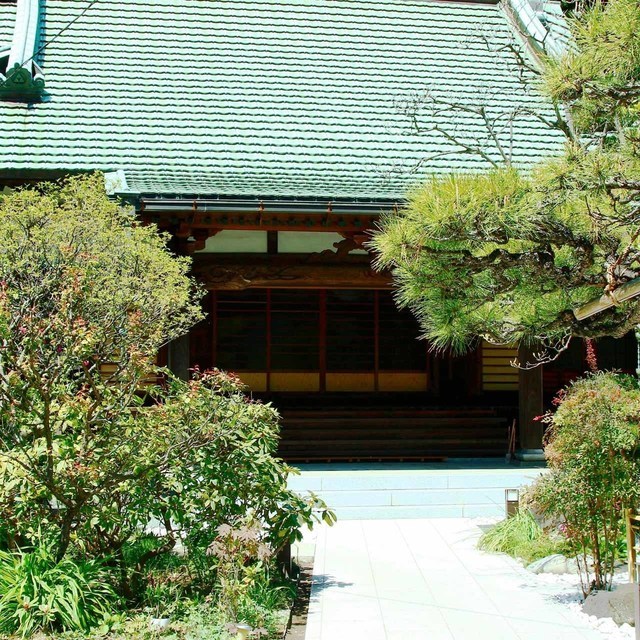
臨済宗建長寺派林香寺
So how can we enhance our inner awareness on a regular basis? Mindfulness is now attracting attention as a way to do so.
The Japan Society for Mindfulness Studies (established in 2013) defines mindfulness as "to be intentionally aware of the experience of the present moment, and to simply watch it without evaluation or preoccupation. To put it simply, it is "an attitude of not thinking about this or that, but simply concentrating on what is in front of one's eyes.
Mindfulness is a form of psychotherapy that has been attracting attention mainly in the West, but its origins lie in Buddhism.
When Buddha, the founder of Buddhism, attained enlightenment, he preached the "Eightfold Path" to help people practice the right way of life. The seventh of these is "Shonen," which translates into English as "to look at things objectively and correctly, without making value judgments about right and wrong, likes and dislikes, etc." This is mindfulness.
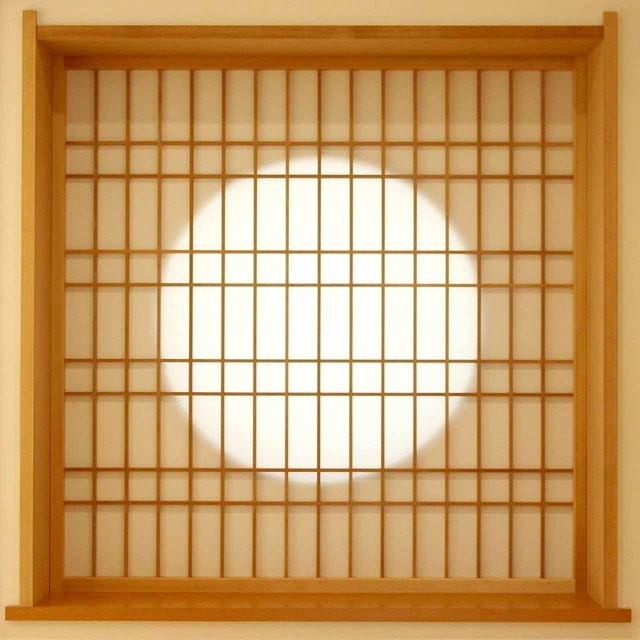
円相窓
Among the Buddhists, "Zen Buddhism" is a practice in which one focuses on everything from zazen practice to cleaning, eating, weeding, etc., and feeling "now, this moment" is directly related to the practice.
Dr. Jon Kabat-Zinn, who popularized mindfulness in the West, studied Zen under a Zen Buddhist leader from a young age and developed the "Mindfulness Stress Reduction Method" by combining the practice with Western science.
By removing the religious elements from Zen, it has become widely accepted by Westerners who have little familiarity with Buddhism. In recent years, many foreigners from Western countries, influenced by mindfulness, have visited Kamakura and Kyoto, the "home of Zen.
4. Mindfulness and Fragrance (Contributed by Taishu Kawano)
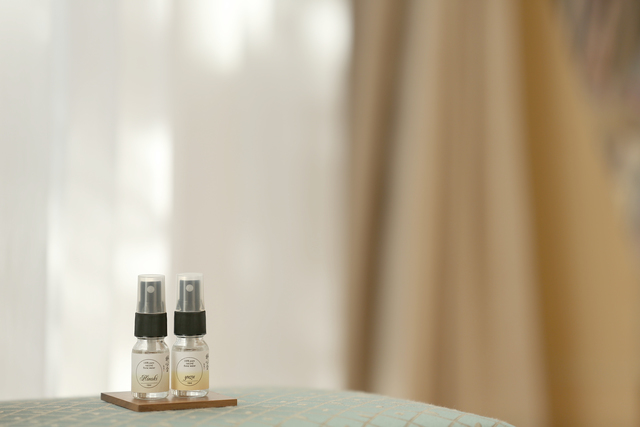
When enjoying fragrance, we recommend "mindfulness. In other words, we recommend that you enjoy the time when you are free from other thoughts and feelings by focusing only on the sensation of the fragrance.
Mindfulness may sound like a difficult meditation, but it can be practiced easily with Zen mindfulness incense. Spend 10 or 20 seconds with your eyes closed and breathing naturally, carefully feeling the fragrance of zenshin ko (Zen mindfulness incense) sprayed on a handkerchief, tissue, or mask.
By taking care of your brain, which is exhausted from constantly processing information at full speed, using the fragrance for just a short time, you will feel the effects of fatigue relief.
5. The fragrance of Zen mind ・・・ "Zen mind incense" comes in three types
使用Three types are available for different applications.
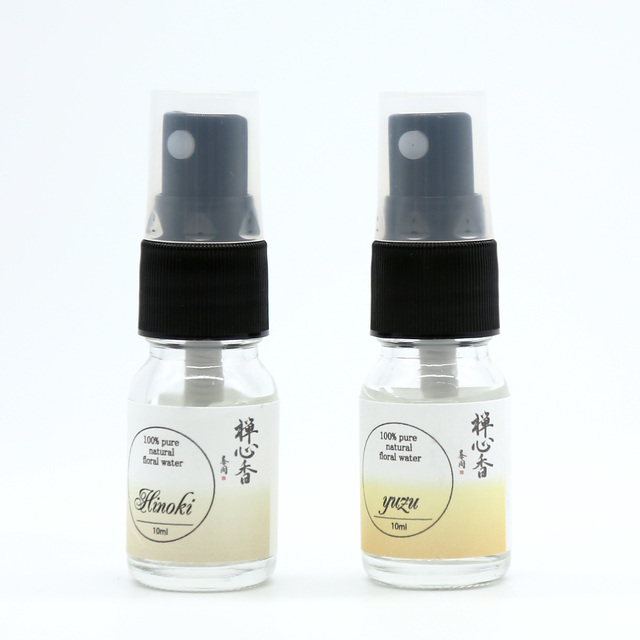
Aromatic mist
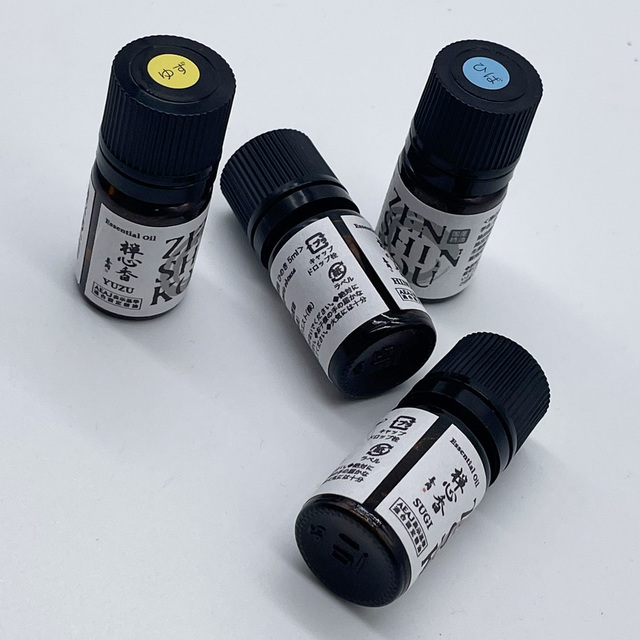
Japanese Essential oil
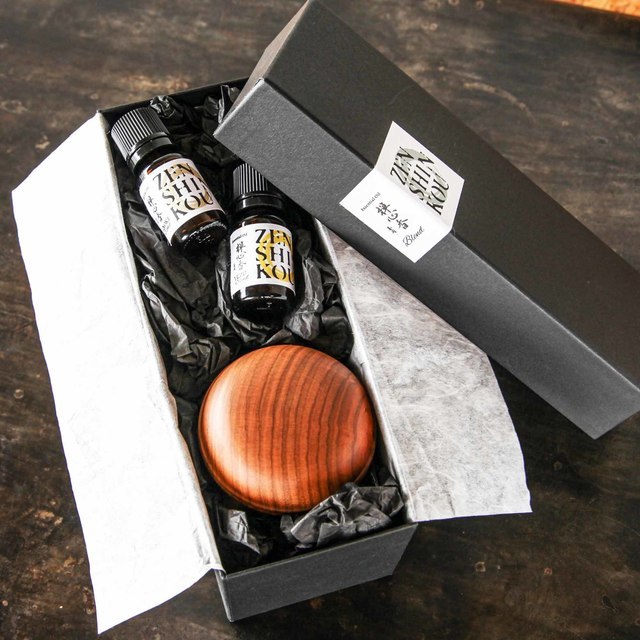
A moment of ZEN
6.『ZENSHIKOU Aromatic Mist』
On the way to work, in the park on a holiday, or in a quiet room.... This fragrant mist can easily refresh your mind and body wherever you are. Try it with our original meditation method.
There are two types of fragrance. The citrus type helps to refresh the mind and brain, so use the Yuzu scent in the morning or early afternoon when you are about to work. The woody type is useful for meditation and relaxation, so we recommend using hinoki fragrance during relaxation time in the evening and night.
■Sent:2 types Yuzu(Kochi)、Hinoki cypress(Yoshino, Nara)
■Component:Aromatic distilled water、Essential oil、Hydrogenated castor oil、Corn-derived ethanol、 extract of persimmon(disinfectant)
■Made in Japan
■Price:JPY770(tax included)
■Capacity:10ml
■Package size:65 x 125 x 26(mm)
ZENSHINKOU refill 50ml
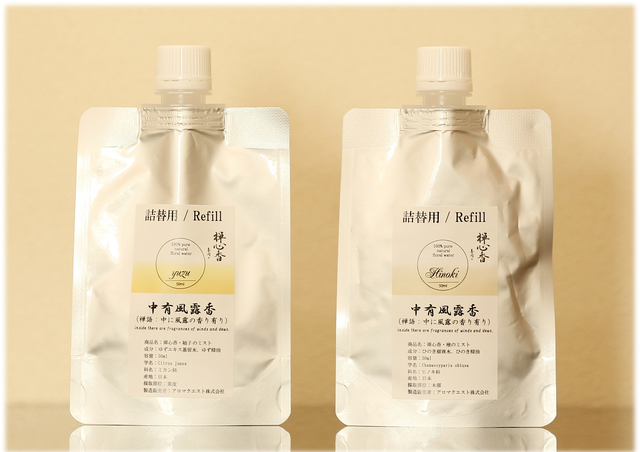
■trade name:『ZENSHINKOU・Aromatic mist』Hinoki、Yuzu Refill
■Component:Aromatic distilled water、Essential oil、Hydrogenated castor oil、Corn-derived ethanol、 extract of persimmon(disinfectant)
■Made in Japan
■Price:JPY1,650(tax include)
■Capacity:50ml
Careful packaging
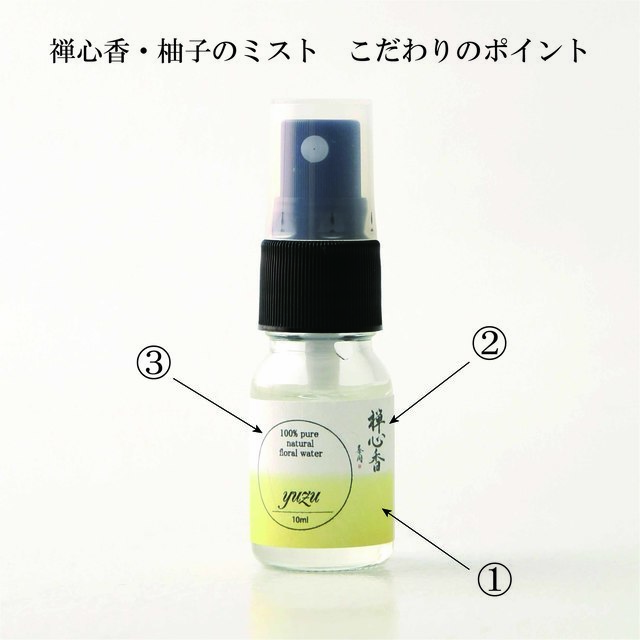
① Washi paper label
Japanese paper labels are used to match the Japanese aroma of Yuzu and Hinoki
② Logo signed by Taishu Kawano
The Japanese paper label uses the handwritten logo signature of Mr. Taishu Kawano, who supervises ZENSHINKOU, to create a healing atmosphere.
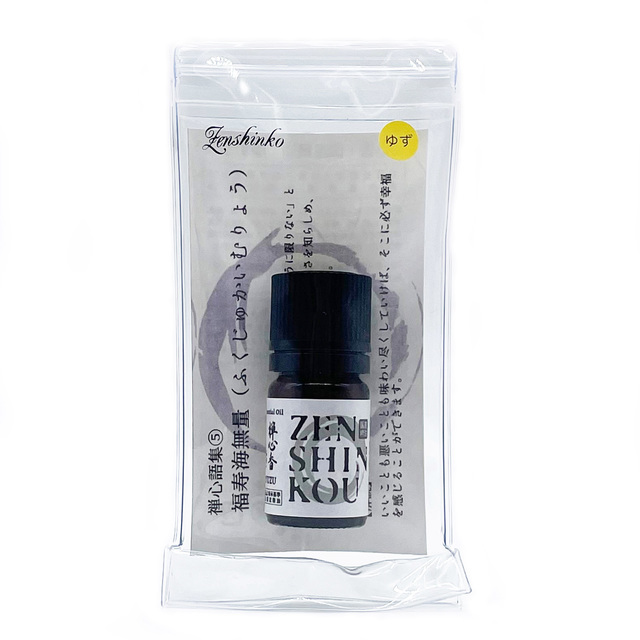
③ 〇 design
It is inspired by the shape of yuzu and Hinoki cypress and the enso* window.
*Enso is one of the calligraphic styles in Zen, in which a circle of figures a circle is drawn with a single stroke. It is a circle drawn by Zen monks and others to show complete enlightenment and the true nature of the mind. It is also called ichien sō or enso zu.
④ Zipper type colorless transparent plastic bag
The paper box is thrown away when it is used, but the plastic bag can be used as a storage bag or a bag for carrying around without throwing it away.
The plastic bag can be used as a storage bag for essential oils or cosmetics after the Zen mind incense has been used.
The zipper-type colorless, transparent plastic bag can be carried on board an airplane as is.

●Product Features
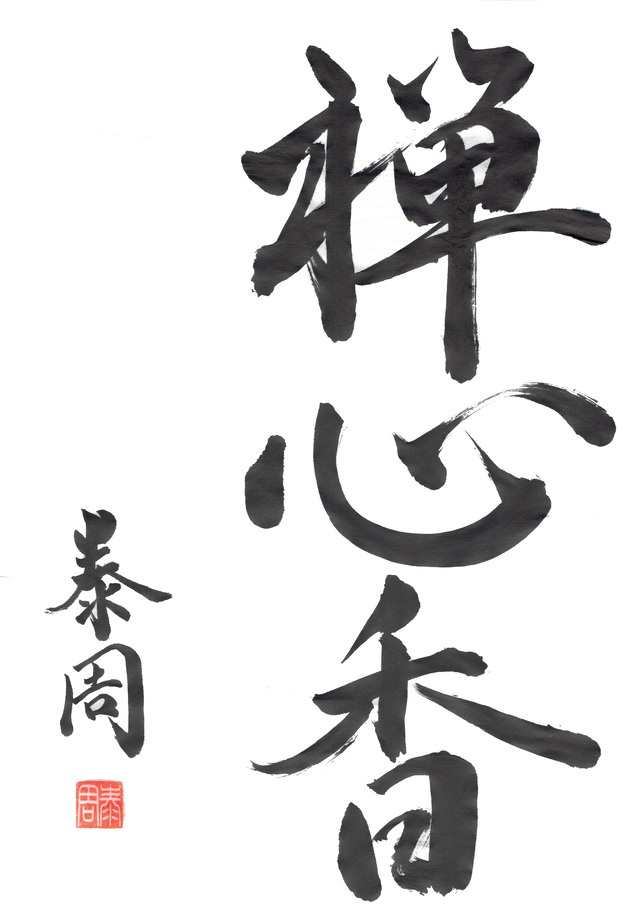
The fragrance fades away naturally, so you don't have to worry about your surroundings.
No water, solvents, or additives are used.
The environmentally friendly packaging is made from recycled waste materials.
The outer bag is not discarded, but is used as it is for carrying the product as is, and a zip-type transparent bag is used for taking the product on board airplanes.
*Rules for carrying liquids in the cabin (of airplanes)
・Comes with illustrated instructions on mindfulness of fragrance
∙ Japanese paper label, which is popular among people from overseas, is used.
Label with logo handwritten by Yasushu Kawano
●usage rules
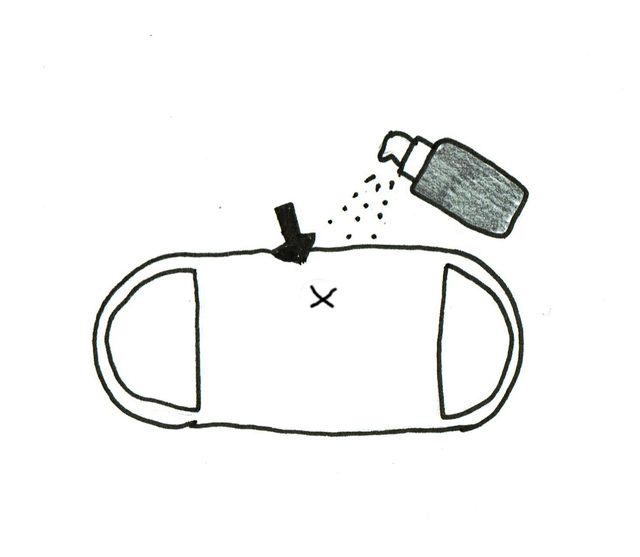
- Take a deep breath.
- Spray a handkerchief, tissue, or mask with the "fragrance mist.
- While smelling the fragrance, observe the images that come to mind and the body as it is.
- Take another deep breath.
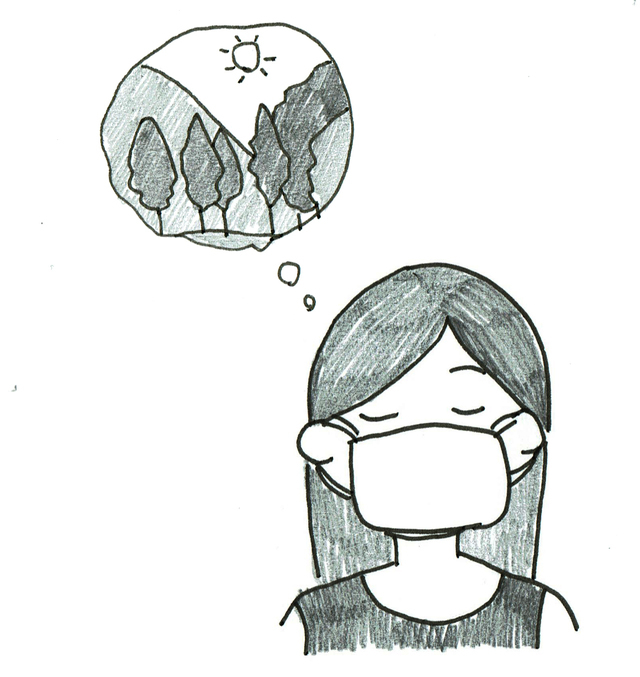
In the booklet included,
Original Meditation supervised by Taishu Kanwano
"Scent Refresh Meditation".
QR code for the original meditation "Scent Refresh Meditation" supervised by taishu Kawano.
It is recorded in Taishu Kawano's own voice.
7.『ZENSHINKOU・Japanese Essential oil』
【AEAJ labeling standards-compliant certified essential oil】
Domestic production of essential oils became more active around the end of World War I, and many essential oils were produced until around the 1970s, but gradually disappeared due to labor shortages and wage problems.
In recent years, with the trend toward local production for local consumption, 6th industrialization, and regional development, locally produced domestic essential oils are beginning to be produced in various regions and are gaining popularity.
However, many of the producers are small-scale businesses, and in many cases, their businesses are not viable.
Zen-Shin-Ko" will work together with producers to rediscover the appeal of domestically produced essential oils.
Scent: 4 types (Yuzu, Hinoki, Hiba, and Sugi)
Yuzu(Kochi) Reflesh Relax Stress
Healing essential oil familiar to Japanese people
Yuzu is a citrus fruit native to China, but is now exported to China and other countries as a domestic essential oil.
Scientific name: Citrus junos
Extraction part: Pericarp
Extraction method: steam distillation
Place of origin: Japan (Kochi)
Content:5ml , 10ml
Fragrance Strength: ●●●●
Hinoki Cypress(Yoshino, Nara) Peaceful sleep Relax Stress
Japanese people are familiar with cypress as a building material and for cypress baths. It is also popular as a calming forest bathing aroma.
Scientific name: Chamaecyparis obtusa
Extraction part: Wood
Extraction method: Steam distillation
Place of origin: Japan (Nara)
Contents:5ml , 10ml
Fragrance strength:●●●〇〇
Hiba(Ishikawa) Peacefull Sleep Stress Deodorization
Hiba (Betula platyphylla) is a coniferous tree indigenous to Japan. Its fresh forest fragrance is as popular as that of Japanese cypress.
Scientific name: Thujopsis dolabrata
Extraction part: wood
Extraction method: Steam distillation
Place of origin: Japan (Ishikawa)
Content:5ml , 10ml
◆Scent Strength:●●●●●
Sugi(Yoshino, Nara) Peaceful Sleep Refresh Stress
- Scientific name: Cryptomeria japonica
Extraction part: wood
Extraction method: Steam distillation
Place of origin:Japan(Nara)
Content:5ml , 10ml
◆Fragrance strength:●〇〇〇〇
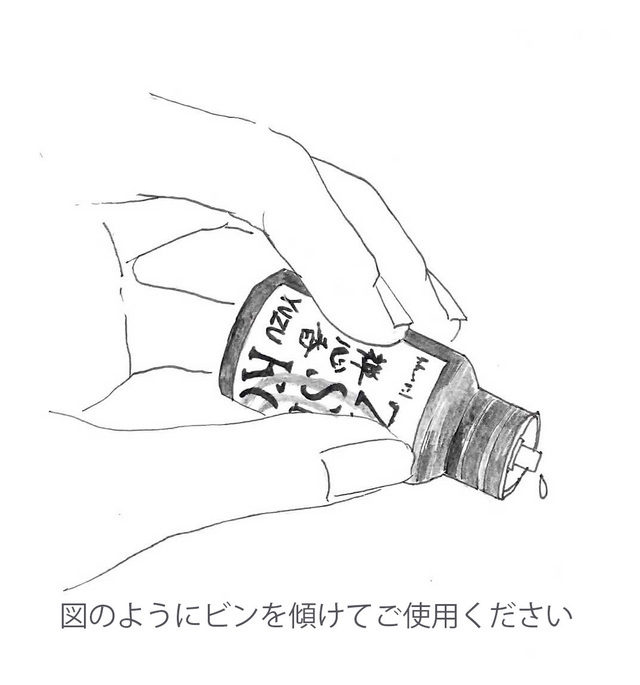
Instructions.
Dropper bottles (glass bottles with drop stoppers) are used for storing and using essential oils.
It is very convenient because you can take out the essential oil from the bottle without using a dropper.
However, there is a little trick. Tilt the bottle as shown in the illustration and drop the essential oil into the bottle. Some of them are a little viscous (a little thick).
Hiba (hiba) and Sugi (nigari) oils in the "Zen-Shinko Domestic Essential Oils" series are highly viscous, so after about 5 to 10 seconds of tilting the bottle, the essential oil will slowly start to drip out.
Watch the end of the bottle and enjoy watching it come out.
Precautions for handling
- Do not apply undiluted solution to skin.
- Do not apply undiluted solution to skin.
- Do not drink.
- Keep out of reach of children.
- Keep out of reach of children.
Careful packaging
① Japanese paper label
Japanese paper labels are used to match the Japanese aroma of yuzu and hinoki.
② Logo signature handwritten by Taishu Kawano
The logo signature handwritten by Taishu Kawano, who supervises ZENSHINKOU, is used on the Japanese paper label to create a healing atmosphere.
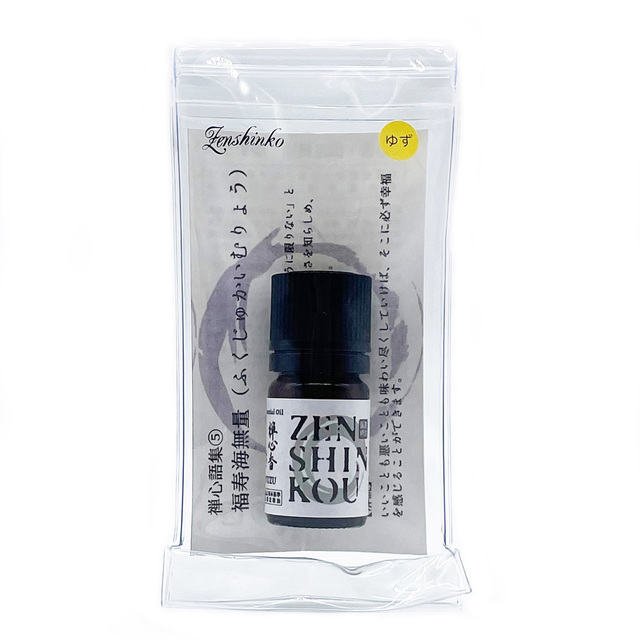
② Zipper type colorless transparent plastic bag
The paper box is thrown away when used, but the plastic bag can be used as a storage bag or a carrying bag without throwing it away.
The zipper is a clear plastic bag that can be used as a storage bag for essential oils or cosmetics after the Zen mind incense has been used.
The zipper-type colorless, transparent plastic bag can be carried on board an airplane as is.

●Usage rules
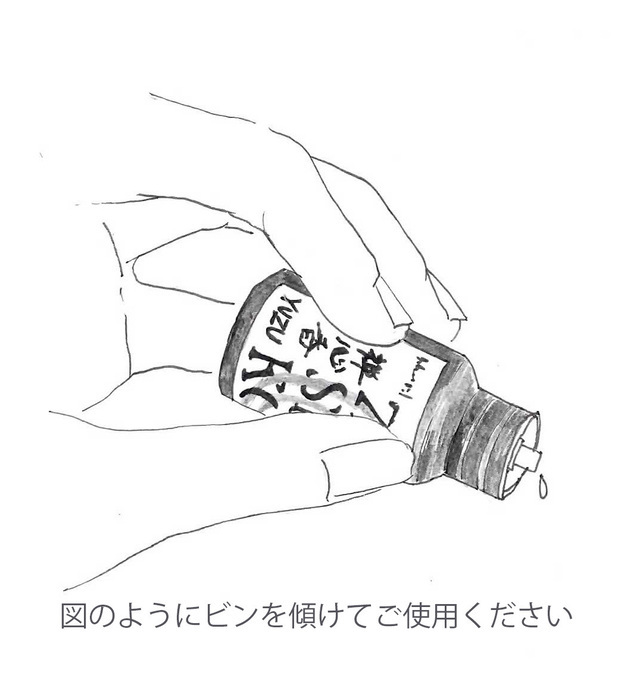
Take a deep breath.
Dab some "domestic essential oil" on a handkerchief, tissue, or gauze.
While smelling the fragrance, recall the pleasant natural scenery that the fragrance reminds you of.
Walk around in your imagination in the world of the image for a moment.
Take another deep breath.
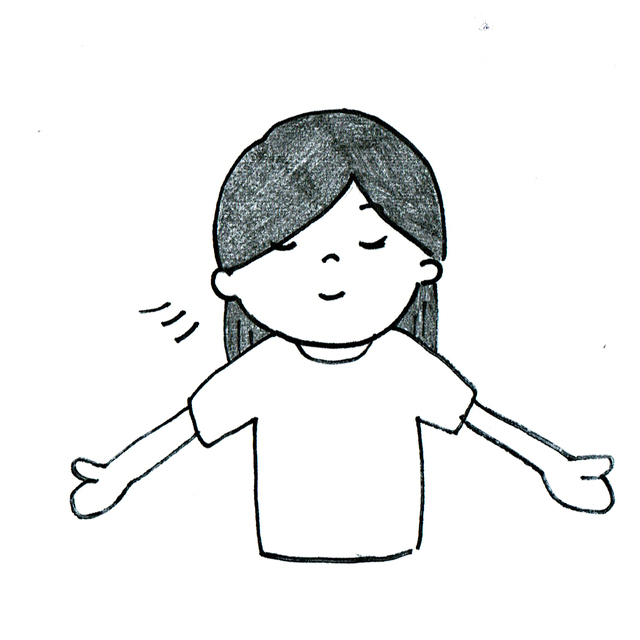
In the booklet included,
Original Meditation supervised by Taishu Kawano
"Scent Chillout Meditation".
QR code for the original meditation "Scent Chillout Meditation" supervised by Taishu Kawano.
It is recorded in Taishu Kawano's own voice.
8.A moment of ZEN
This product uses an incense container, which is used to hold incense when burning incense, and is filled with Hinoki essential oil or Yuzu essential oil blended with domestic essential oil to enjoy the fragrance.
Each incense container is made by Odawara lacquerware craftsmen with the utmost care and attention.
The original meditation was supervised by Taishu Kawano as a powerful support method for meditation to nurture the core of the mind, which is necessary for leaders, including executives, to make correct decisions. The original meditation can be heard by scanning the QR code on the booklet included only with the set and the incense container (single item). Please try the original meditation with the audio.
●usage rules
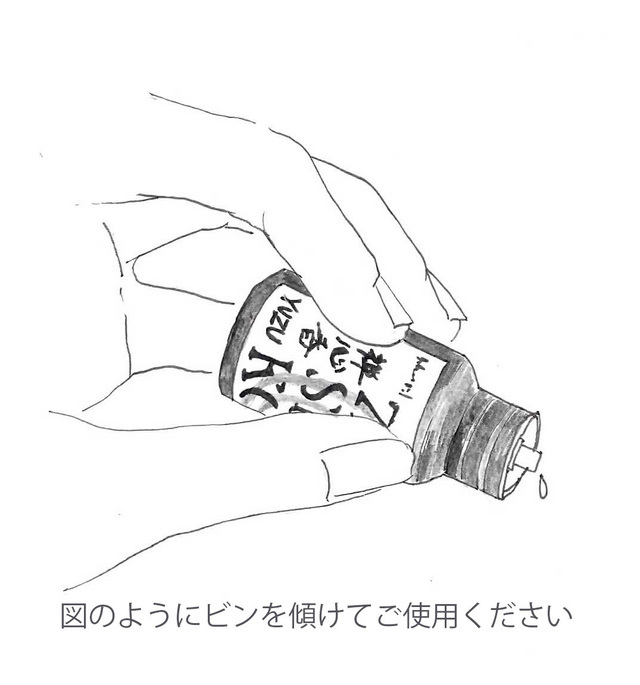
Take a deep breath once.
Take a deep breath and look as far away as possible, such as out the window.
Drip the "Zen Moment" essential oil blend into the incense container, keep your eyes on the container and the piece of wood, and observe how the essential oil gradually seeps into the container.
Movement for muscle contraction and concentration.
Take another deep breath.
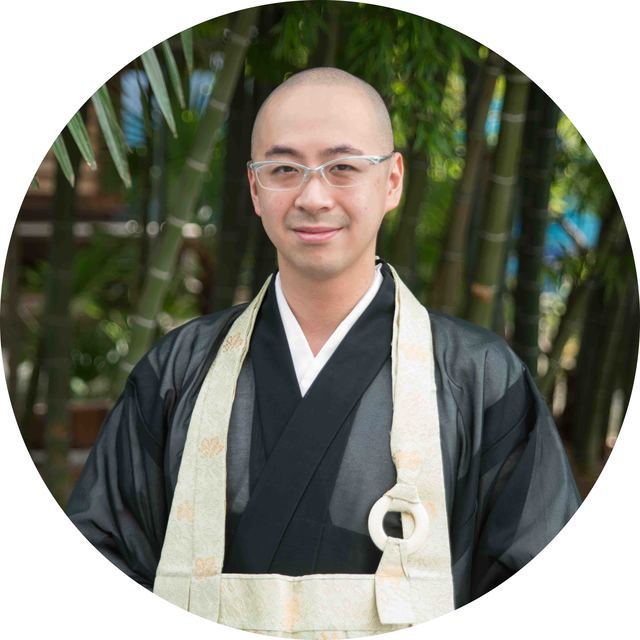
In the booklet included,
Original meditation supervised taishu Kawano
"The method of concentrated concentration on fragrance".
QR code for the original meditation supervised Taishu Kawano.
It is recorded in Taishu Kawano's own voice.
9.Mindfulness Meditation
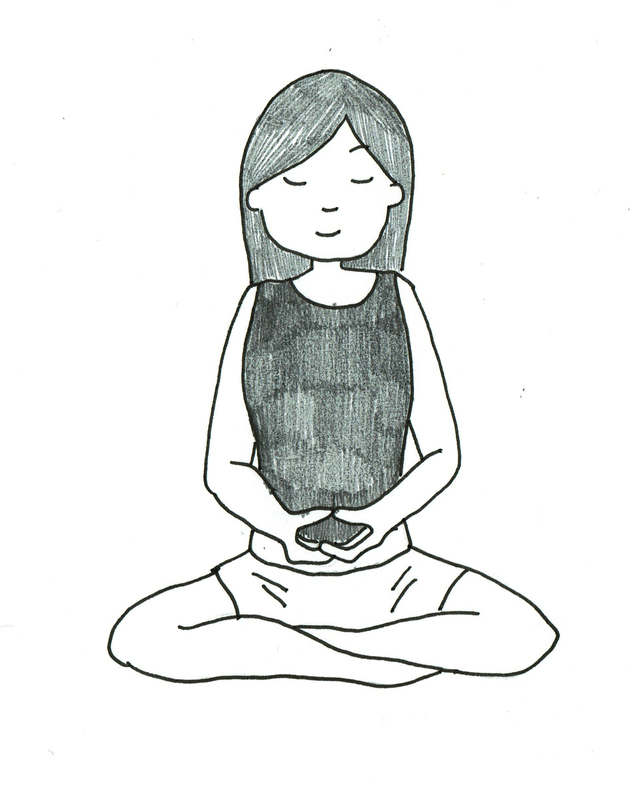
Meditation is a method of attaining mindfulness.
Meditation is the act of resting the mind and brain from worrying about this and that by concentrating the mind on "the present moment. It has a variety of effects, such as improving mental and physical conditioning, concentration, and the ability to make decisions.
In meditation, we pay attention to and observe our physical senses. By focusing on the senses of touch and smell, we can better enjoy the feeling of petting a cat or dog, or the aroma of coffee. When we regain a sense of our bodies, we can see and accept ourselves as we are. This helps to improve headaches and stiff shoulders caused by psychological anxiety and tension.
In other words, meditation allows us to recognize and improve our own ailments. When one's mind and body are regulated, one can treat others with an open mind, and one can expect to improve one's relationships with others. In this way, it will lead to a life with a high sense of happiness.
meditation in the nick of time
Meditation may sound difficult, but there is a meditation that can be done easily in everyday life. This meditation method is called "gap meditation. Sukima meditation helps to refresh your mind by directing your attention and focus on one thing at a time.
Click here to learn more about the Sukima Meditation method.
10. Mindfulness of Fragrance
The Sukima Meditation Technique involves the use of scents. The "Scent Refreshment Method" to reset the mind and relieve fatigue and stress. The Scent Meditation Method, which is based on breathing meditation. The "Scented Suspension Meditation Method," which can be done while riding a crowded train, for those who have a painful commute or are addicted to their smartphones.
10-1. Scent Refreshment
Scent refreshment is a technique that allows you to reset your mind and alleviate fatigue and stress in a fraction of the time of your busy day.
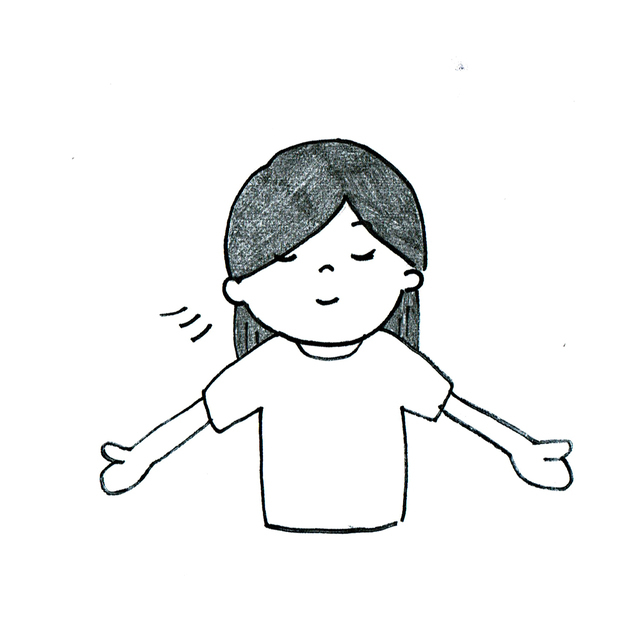
1.Once, take a deep breath.
Take a deep breath in and take a deep breath out. With the inhale, fresh air is taken into your body, and with the exhale, you let go of all the fatigue and tension in your body.
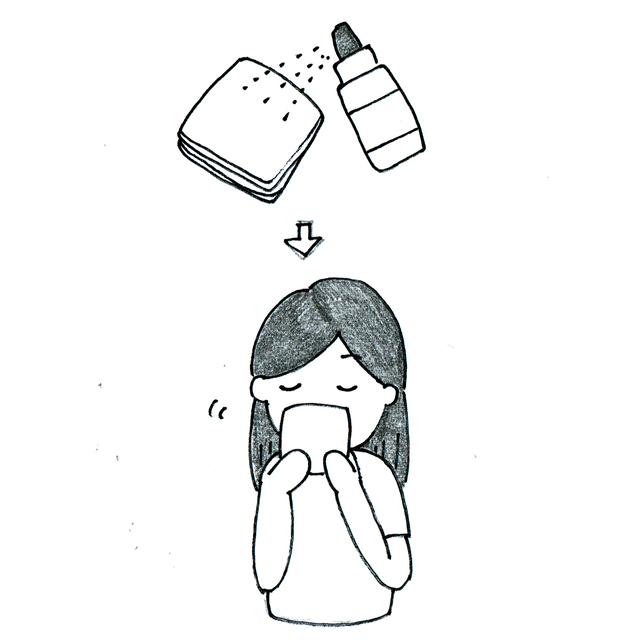
2.Smell the ZENSHINKOU
Smell the scent of yuzu sprayed on a handkerchief or tissue.
Zen mindfulness incense" is ideal for mindfulness because it allows you to safely enjoy the refreshing fragrance of Hinoki and Yuzu, both of which have been popular in Japan since ancient times.
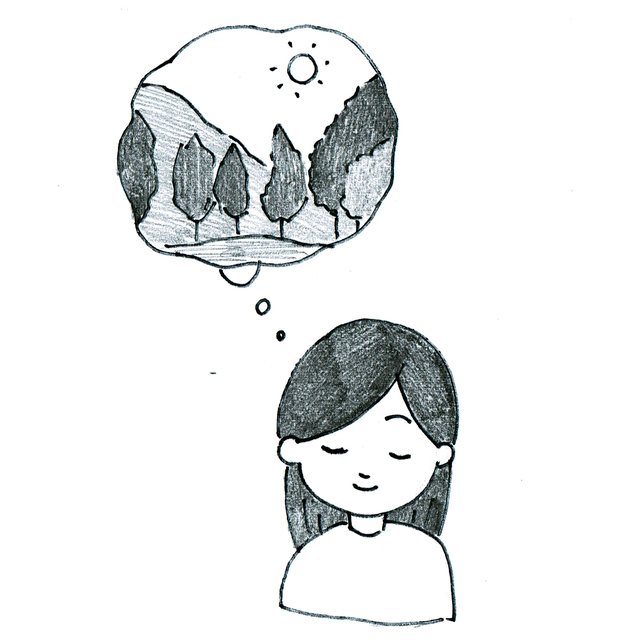
3.Observe images and body sensations in your mind as they are.
If there are images, landscapes, or body sensations that come to mind along with the fragrance, observe them as they are and enjoy them.
10-2. Scent Meditation Method
The Scent Meditation method is based on mindfulness breathing meditation. Breath meditation is the most important foundational meditation for mindfulness. By daring to become aware of breathing, something we do unconsciously as long as we live, we can train our attention.
Furthermore, breathing has the effect of activating the sympathetic nerves when inhaling and the parasympathetic nerves when exhaling, so breathing consciously can help balance the autonomic nervous system. When the mind is distracted by irritability or fogginess, the autonomic nervous system is disturbed, and breathing meditation will help calm the mind.
Breath meditation can be done anywhere and anytime because you just need to be aware of your regular breathing. You can do it while standing or walking. You may have the image of "meditation = sitting on the floor," but you can meditate on a chair, on the floor, or on a cushion. However, if possible, try not to lean on the back of a chair or cushion.
Scented meditation is an effective method for practicing breathing meditation more smoothly by resetting yourself with fragrance.
In addition, the scent of zenshin ko is a gentle fragrance familiar to Japanese people, who have been familiar with it since ancient times. It is also said to be a scent that makes the parasympathetic nervous system dominant, making it a very suitable scent for the scent meditation method.
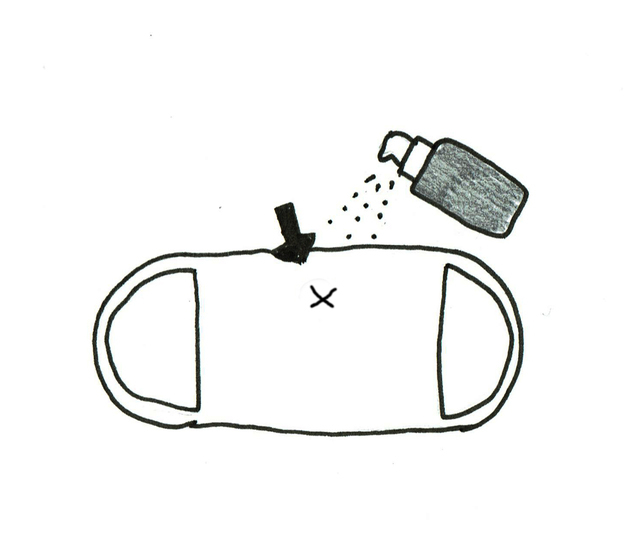
1.Spraying ZENSHINKOU on the mask
Concentrate your attention and spray the mask with ZENSHINKOU two or three times from a short distance outside the mask.
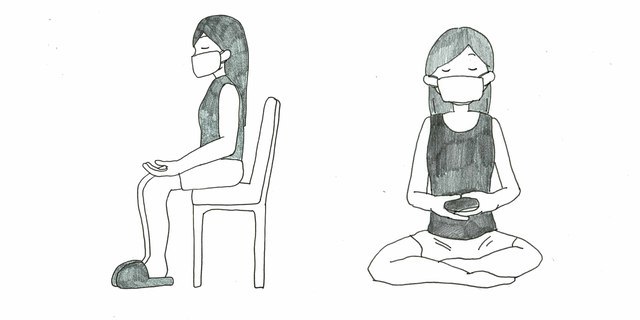
2.Wearing a mask, sit shallowly in a chair with legs naturally open.
Put on a mask sprayed with Zen mind incense.
Sit shallowly in a chair and straighten your back lightly, as if you are being held by a single thread from the top of your head. Spread your legs naturally and place your hands on your lap with palms facing up, or cross them over your tanden (navel), or whatever is easier for you to do. If you do not have a chair, you may sit cross-legged on the floor or a cushion.

3.Concentrate on the scent
Close your eyes and concentrate on the scent.
Take two or three slow, deep breaths through your nose. Inhale and exhale fresh air with the fragrance to replace the air in your body.
This initial deep breathing will regulate the autonomic nervous system and restore calmness with the fragrance. When you concentrate on the fragrance of zenshin ko, it is difficult for any thoughts to come to mind.
The fragrance is subtle. It is necessary to concentrate more on the fragrance, since "nose habituation" also makes it difficult to perceive the fragrance.
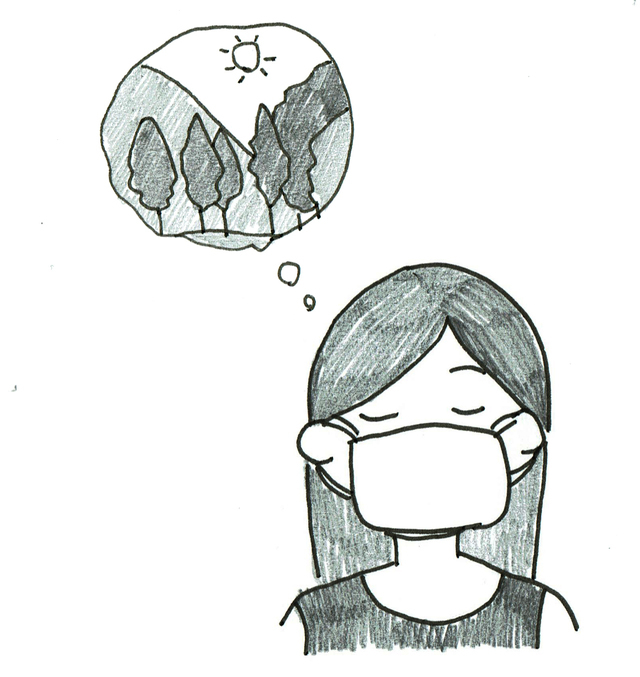
4.Observe images and body sensations in your mind as they are.
If there are images, landscapes, or body sensations that come to mind along with the fragrance, observe them as they are and enjoy them.
5.From Scent Meditation to Breath Meditation
Gradually, while still feeling the fragrance, progress to breathing meditation, in which you feel the flow of air in and out of your nose as it is.
Even if various thoughts (miscellaneous thoughts) come to mind during meditation, there is no need to force them out. Just praise yourself for noticing them and slowly return to meditation.
It is difficult for even experienced meditators to be free of miscellaneous thoughts during long periods of meditation. Therefore, please meditate with a relaxed mind.
10-3. Scented Suspension Meditation Method
The effects of meditation are more easily felt in environments where distractions and discomfort are more likely to arise. The best place to do this is on a rush-hour commuter train in particular. If you do "hanging strap meditation," a type of spatial meditation in which you imagine a space in your brain, you can turn even the most stress-filled commuter train car into a comfortable space. Meditate while holding onto the strap or leaning against the door.
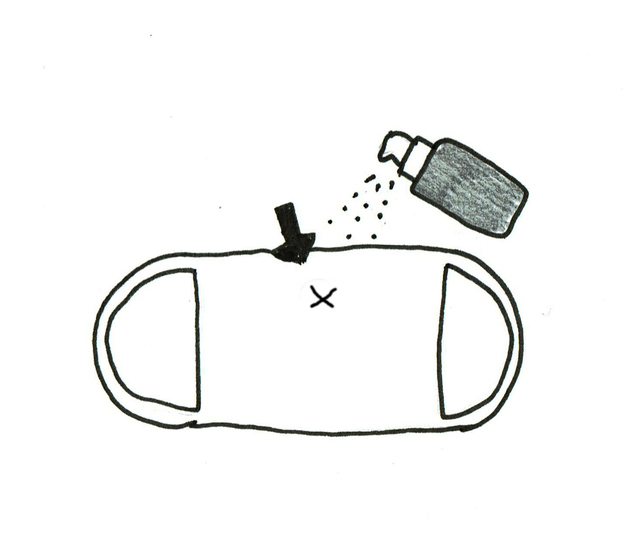
1.Spray ZENSHIKOU on the mask and put on the mask.
Concentrate your attention and spray the mask with ZENSHINKOU two or three times from a slight distance outside the mask. Open your legs lightly and thrust your navel (tanden) lightly forward. Stand as if your weight is evenly balanced on the soles of both feet.
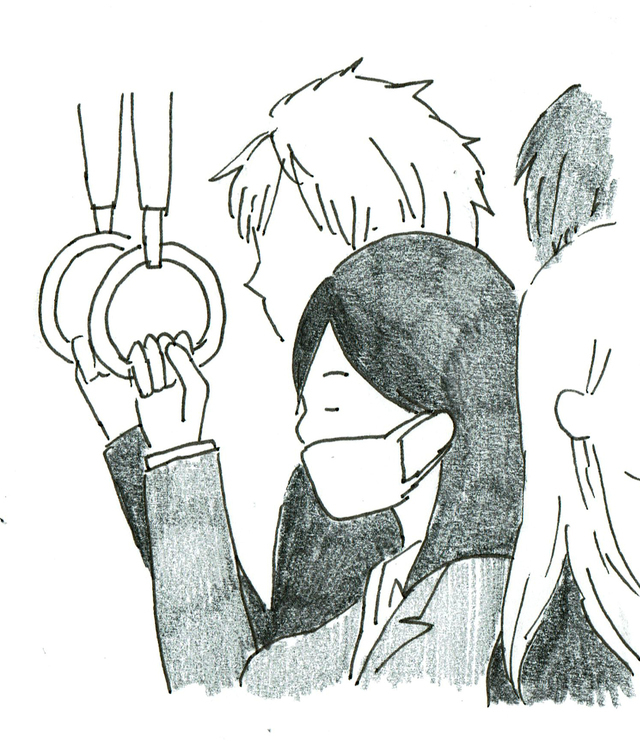
2.Hold onto the strap and close your eyes.
Close your eyes to concentrate on the fragrance. Take two or three slow, deep breaths through your nose. Inhale and exhale fresh air with the fragrance to replace the air in your body. This initial deep breathing regulates the autonomic nervous system and helps to calm the mind along with the fragrance.
When you concentrate on the fragrance of zenshin ko, it is difficult for any thoughts to come to mind. The fragrance is subtle. It is necessary to concentrate more on the fragrance, since "nose habituation" also makes it difficult to perceive the fragrance.
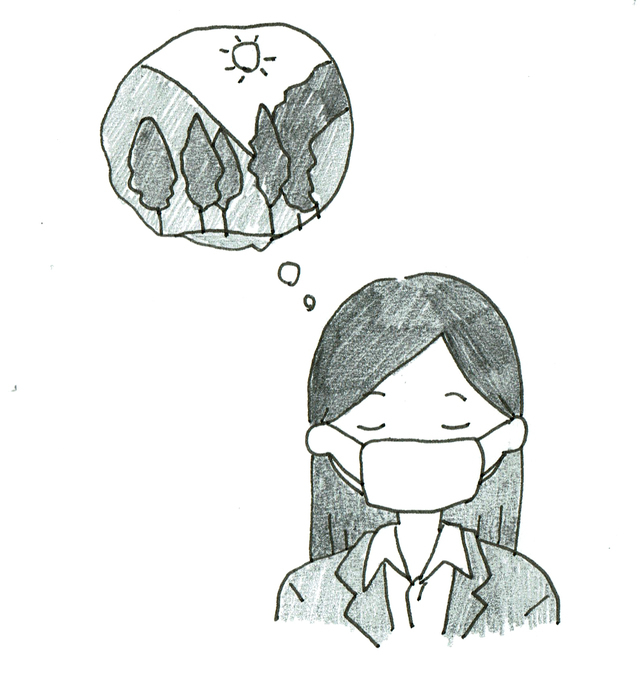
3.Observe the image that comes to your mind as it is
If there are images, scenery, or body sensations that come to your mind along with the fragrance, observe and enjoy them as they are. Gradually, while feeling the fragrance, try to progress to suspension meditation.
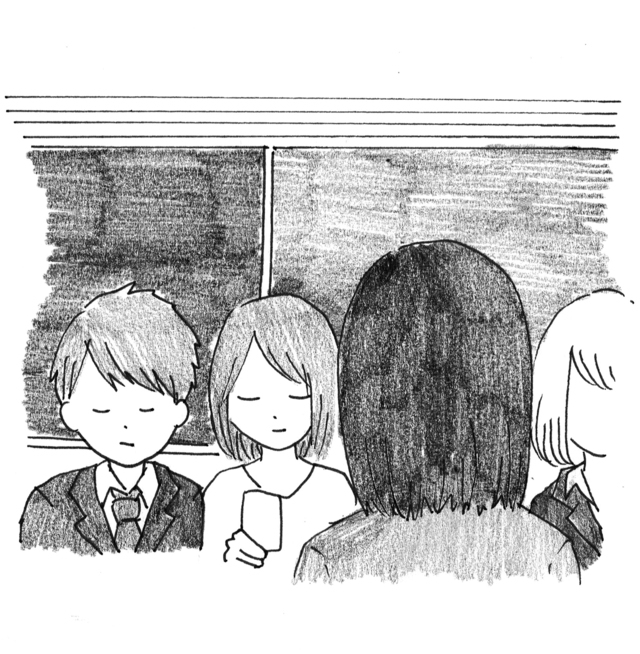
4.Watching the scenery from the train window
Open your eyes and look around the car and slowly observe the many people and advertisements, then observe the view out the window, including the buildings, the road, the sky, the clouds, and so on.
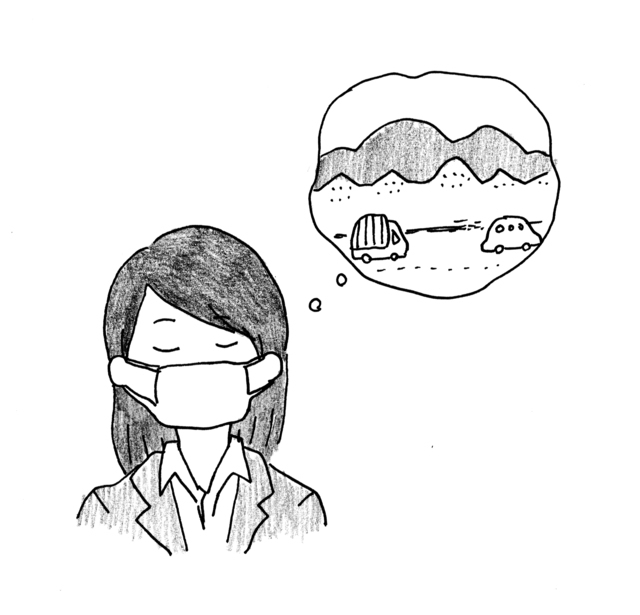
5.Recreate the observed interior and window views of the train
Close your eyes and recreate the view of the interior and the car window that you just observed. Then, continue to imagine yourself floating through the car window into outer space. Eventually, rise enough to look down from space and then return inside the company.
11. Point of smell①
The main ingredient of ZENSHINKOU is aromatic distilled water. It has a subtle fragrance, so unlike most scent products, it may be difficult to perceive the scent when smelling it vaguely.
Therefore, you need to concentrate on smelling the fragrance, which results in a mindful state.
Point of smell②
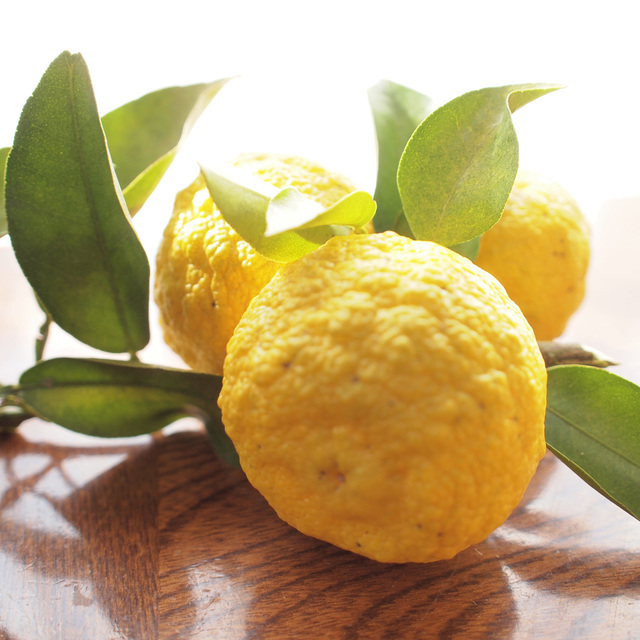
A Scents is made up of a number of components. It is easy to concentrate on a fragrance by exploring the elements of its components, but this is difficult to do unless you are an expert in scent. Even if you are not an expert, it is good to feel the characteristics of a scent.
Scents change over time. For example, you can perceive or visualize the characteristics of yuzu as "the scent of the peel," "the scent of the fruit," "the scent of the juice," and "the scent of the thin peel," to name a few.
Since yuzu is a citrus fruit, you may imagine the shifting aroma as "mandarin orange," "lemon," "grapefruit," etc. It is also interesting to compare it to a food or drink that contains yuzu.
It is easier to concentrate if you can feel the changing aroma as it is, along with the image you have of it, as it changes over time.
Also, the way you perceive scents can change subtly with your physical condition from day to day. It is also a pleasure to smell with this in mind.
Point of smell③
You will not feel the scent after a few minutes.
After that, please continue meditating by shifting to "suspension meditation," "breathing meditation," or "body scan meditation. Since you are in a concentrated state of "mindfulness of scent," it will be easier for you to continue meditating.
Using Zen mindfulness incense as an introduction to meditation is one way to do this.
If you have difficulty perceiving the aroma・・・
12. We put the spirit of Zen and the heart of Japan into the scent.
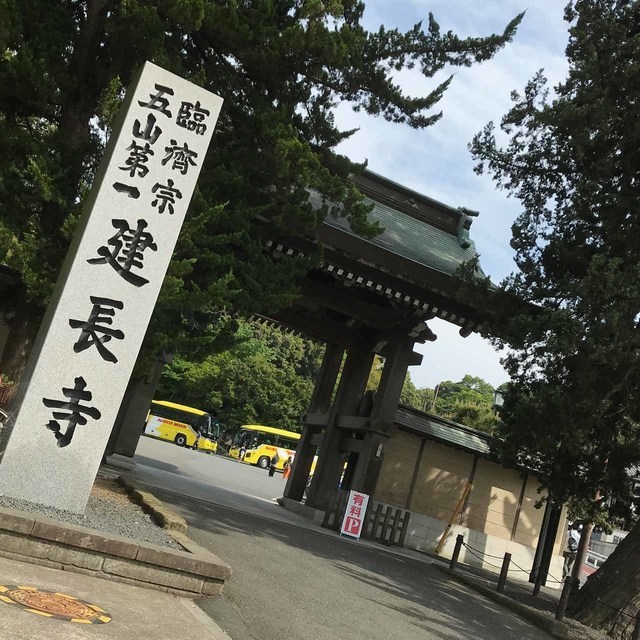
The heart of Zen is the heart of Japan.
In the Zen training hall, every grain of rice and cup of water is eaten without waste.
When you come back from outside wearing straw sandals, you share a bucket of water to wash your feet.
By treating things with care to the end, we never forget to be considerate of ourselves and others.
13. ZENSHINKOU... "Treat things with care to the end" Zen mind

Due in part to the Japanese food boom, Yuzu production is increasing. The amount of peel discarded after the fruit has been picked is also increasing.
In Tosa Mountain, Kochi Prefecture, the discarded rind is reused in a microwave distillation system, a distillation method that does not require the addition of water.
The ZENSHINKOU Yuzu Mist uses the distilled water of yuzu extract, which is why it has a genuine Yuzu aroma.
14. Why ZENSHINKOU for mindfulness of scent?
1. reuse of materials that used to be discarded
Use of aromatic distilled water extracted from fruit peels and wood
→We do not produce waste. Based on the Zen spirit of "Never waste, treat things with care until the end.
The scent of Yuzu and Hinoki comes from the Japanese ancient culture.
The scent of Yuzu (Japanese citron) and Hinoki (Japanese cypress) has been familiar to the Japanese since ancient times. They are familiar to Japanese people.
3. subtle scent
a) No need to be aware of one's surroundings.
b) Easy to get into meditation because you need to concentrate on the scent.
4. supervised by Taishu Kawano, a Zen monk and psychiatrist.
a) Zen monk - Zen spirit is the cornerstone of his practice.
b) Physician - supervised mindfulness of scent based on his expertise.
c) Psychiatrist - developed a method for anyone to meditate easily.
15. Telework and ZENSHINKOU (Contributed by Taishu Kawano)
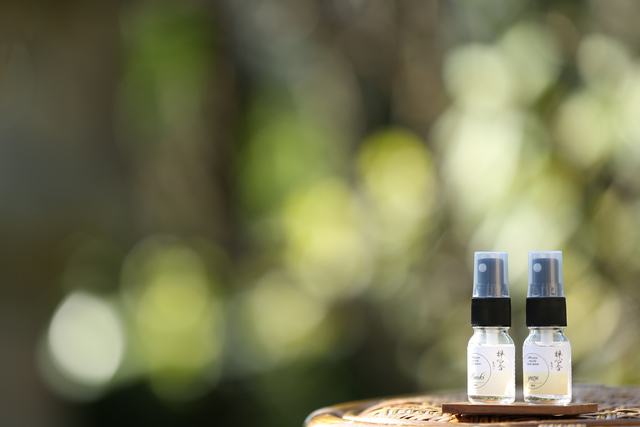
In teleworking, it is difficult to switch between the two modes of mind, work and private life, and in fact, an increasing number of teleworkers have problems with sleep quality and mental fatigue. We would like to recommend the use of ZENSHINKOU for such a time when you need to switch the mode of your life and the mode of your mind.
It is easy to use, just spray it in the air and enjoy the scent for a moment, or spray it on a mask or handkerchief and enjoy the scent as it slowly fades away. Woods are ideal for meditation and relaxation, while citrus scents are refreshing for the mind and brain.
Therefore, we recommend using Yuzu ZENSHINKOU in the morning or early afternoon when you are about to work, and Hinoki ZENSHINKOU in the evening or night when you need to relax.
However, the scent and its effects may vary from person to person, and some people may find the opposite or other methods more suitable. Please try it yourself at different times of the day.
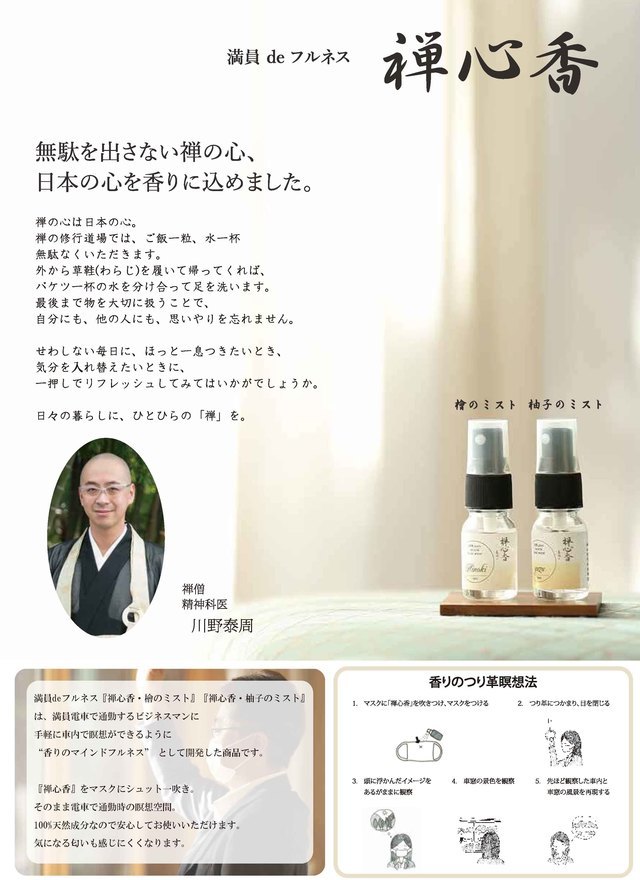
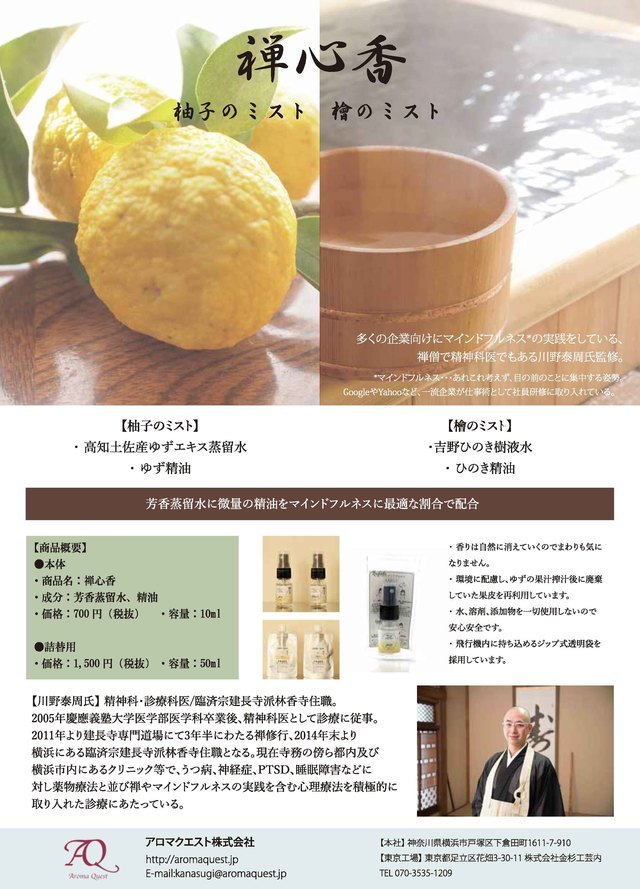
16. Taishu Kawano is a psychiatrist and psychosomatic physician and the abbot of Rinkoji Temple (Yokohama City, Kanagawa Prefecture) of the Kenchoji School of Rinzai Zen Buddhism.
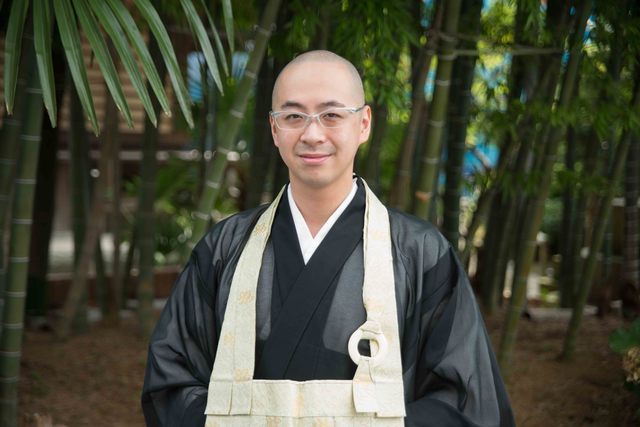
After graduating from Keio University School of Medicine in 2005, he practiced as a psychiatrist.
In 2011, he began a three-and-a-half-year Zen training at Kenchoji Temple, and at the end of 2014, he became the abbot of Rinkoji Temple of the Kenchoji School of Rinzai Zen Buddhism in Yokohama, Japan.
In addition to his temple duties, he is currently providing treatment for depression, neurosis, PTSD, and sleep disorders at clinics and other facilities in Tokyo and Yokohama, where he is actively involved in psychotherapy, including Zen and mindfulness practice, as well as drug therapy.
She is also involved in supervising the official textbook for the "Natural Beauty Stylist Certification Test" published by the Aroma Environment Association of Japan (AEAJ).
He is the author of many books, including "The Right Way to Rest Your Mind and Body," "Self-Affirmation for People Who Can Succeed in Life," and "How to Prepare Your Mind When You Can't Afford to Learn from a Certain Situation." In May 2019, "The Key to Stress Management for People with Concentration Skills That Are Not Taught at the Office" was released.
He was a speaker at the Sapporo (September 1), Osaka (November 30), and Okinawa (March 8) venues of the "2019 5th Aroma University," an event sponsored by the Japan Aroma Environment Association, in a lecture on the Department of Mental Health.
Translated with www.DeepL.com/Translator (free version)
(1) Learning to be Mindful When You Can't Afford to Be (2016, Impress)
An introductory book on regulating the mind that includes a wide range of practices and ideas from mindfulness, psychology, and psychiatry that are useful for living in the modern world.
(2) 90% of your problems will disappear if you walk (2017, Seishun Publications)
A book that explains in detail the benefits of walking for the mind and brain, and what we can do to live in an age of many worries.
(iii) Clear Your Brain: The Art of Mindfulness Work (2017, Crossmedia Publishing)
An introduction to mindfulness for all businesspeople to keep their minds and brains clear and work in a rewarding way
(4) Petit Meditation Habit (2018, Seiryu Publishing)
The easiest, gentlest book on mindfulness. A book that anyone should feel free to pick up.
5) Zubora Meditation (2018, Gentosha)
Mindfulness can be practiced in daily life with a little effort. A book that introduces easy meditation methods for those who are sloppy.
(6) Self-affirmation of people whose lives go well (2018, Mikasa Shobo)
An ambitious work that explains self-affirmation, which is indispensable for letting go of suffering and living a happy life, and how to raise it.
(vii) "A Zen monk who is a psychiatrist" teaches how to properly rest your mind and body (2018, Discover 21)
Focusing on "fatigue" that everyone suffers from, this book introduces various methods to eliminate fatigue from various angles.
8) The key to stress management for people who have the ability to concentrate, which is not taught at the company (2019, Subarusha)
A message to live happily for all people in today's society who cannot afford to be free from stress. A book that is a compilation of the author's work.
「マインドフルネス&坐禅の会」(臨済宗建長寺派林香寺・神奈川県横浜市)にて、クロスウェル社のきりつ名人を使用して、自律神経活動の測定を行いました。(2019年10月)
17. Media Coverage
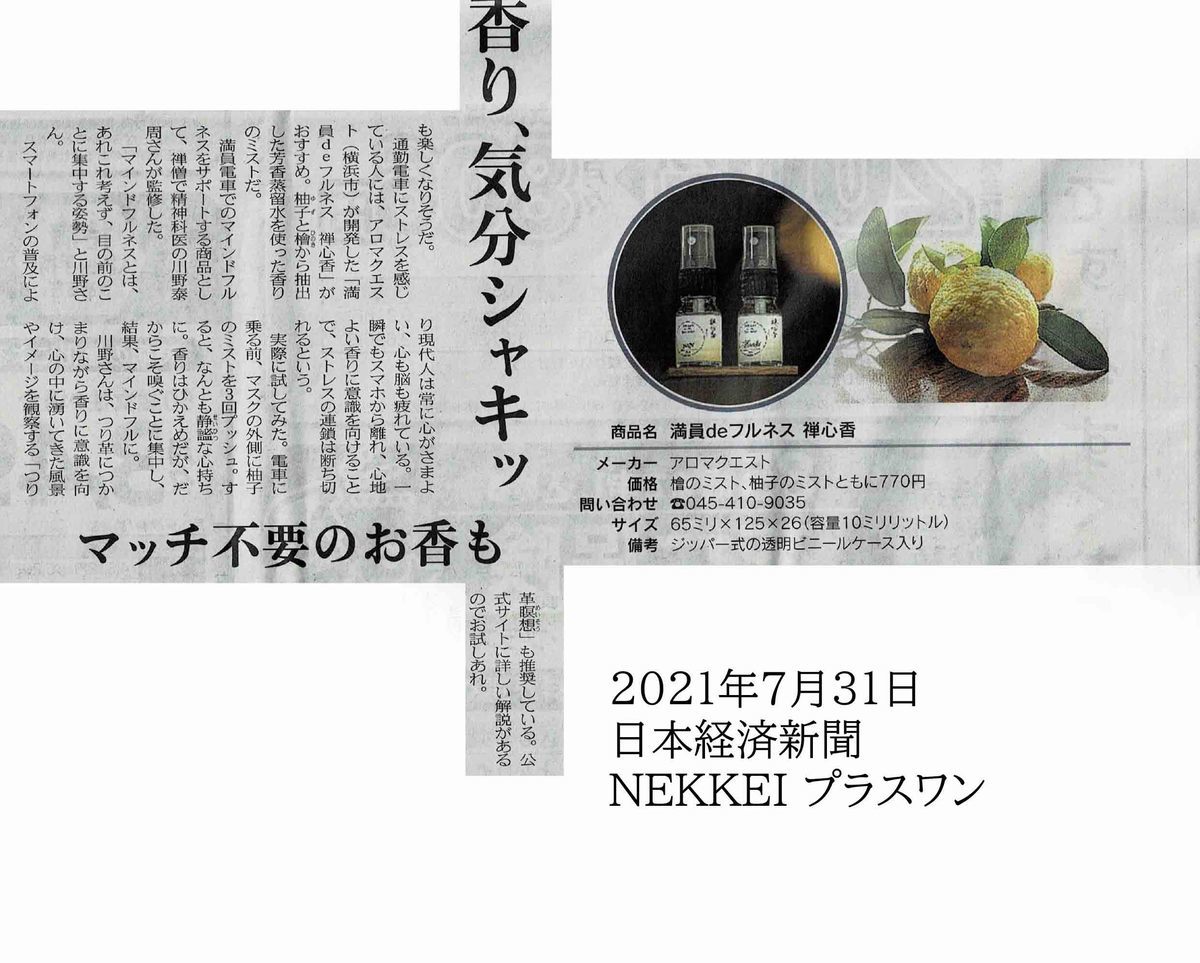
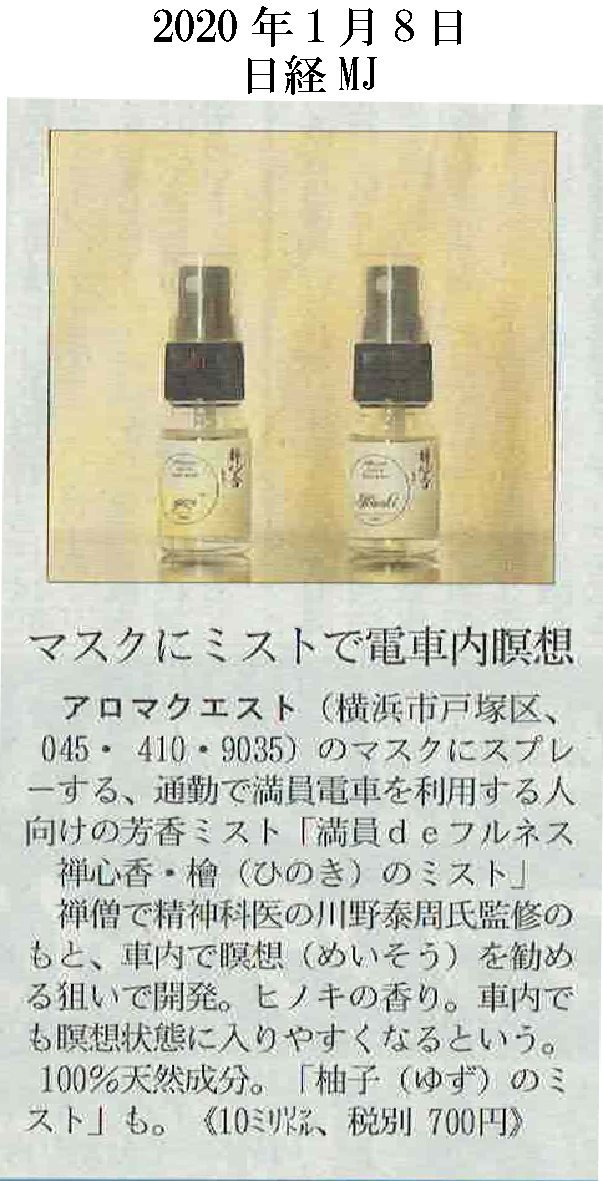
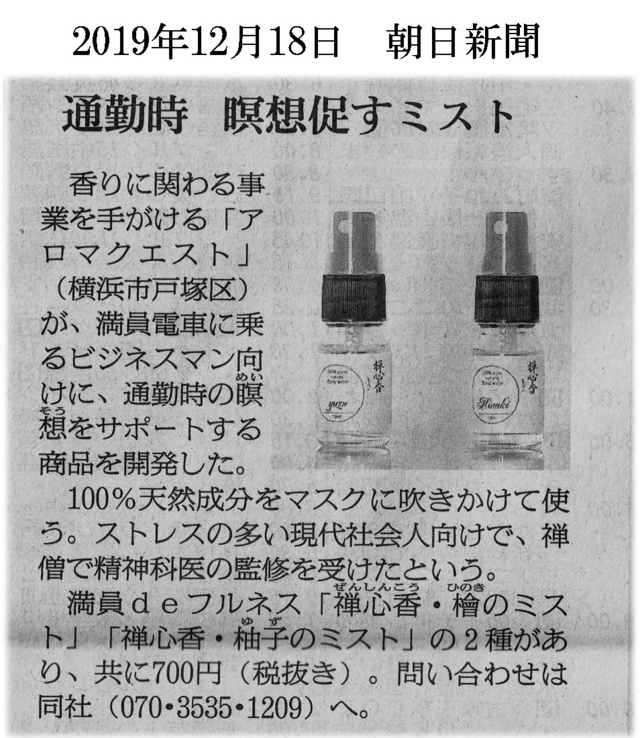
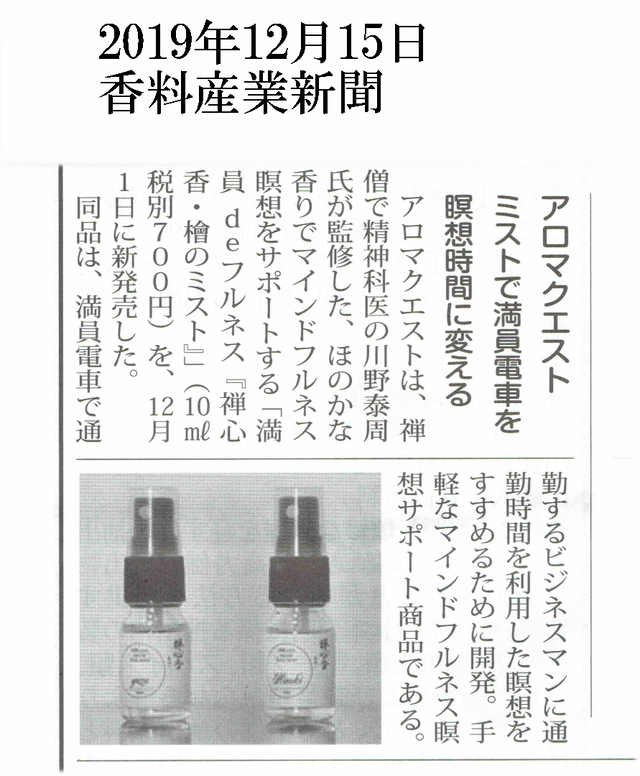
| 2020 / 9 / 9 | Zenshinka was featured in Mynavi News "Teleworking Must-Have Gadgets and Services You've Never Heard of Before". (with comments from Dr. Kawano) |
|---|
18.What are the Sustainable Development Goals (SDGs)?
The 2030 Agenda for Sustainable Development, adopted at the UN Summit in September 2015, is an international goal to achieve a sustainable and better world by 2030, consisting of 17 goals and 169 targets. The SDGs are a set of international goals that aim to achieve a sustainable and better world by the year 2030. The SDGs are universal, not only for developing countries, but also for developed countries themselves, and Japan is actively involved in the SDGs.
AromaQuest Inc. has been registered as a Kanagawa SDGs Partner (3rd phase).

Kanagawa SDGs Partners are companies, organizations, etc. (263 partners) that are developing businesses that contribute to the promotion of the SDGs, and Kanagawa Prefecture and the companies, organizations, etc. work together to promote the SDGs.
The registered companies and the prefecture work together to promote the SDGs through various opportunities such as seminars and other media.
Aroma Quest Initiatives
Health and well-being for all
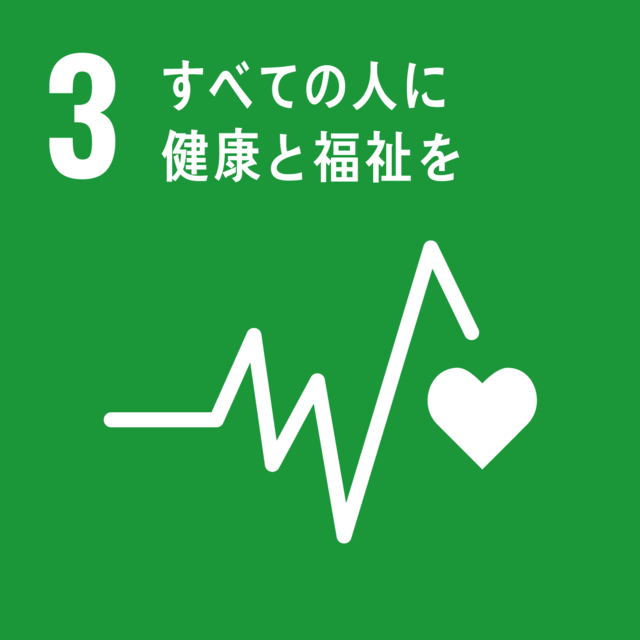
Ensure healthy living and promote the well-being of all people of all ages
【AromaQuest】 contributes to mental health for all people through mindfulness.
responsibility to create and use
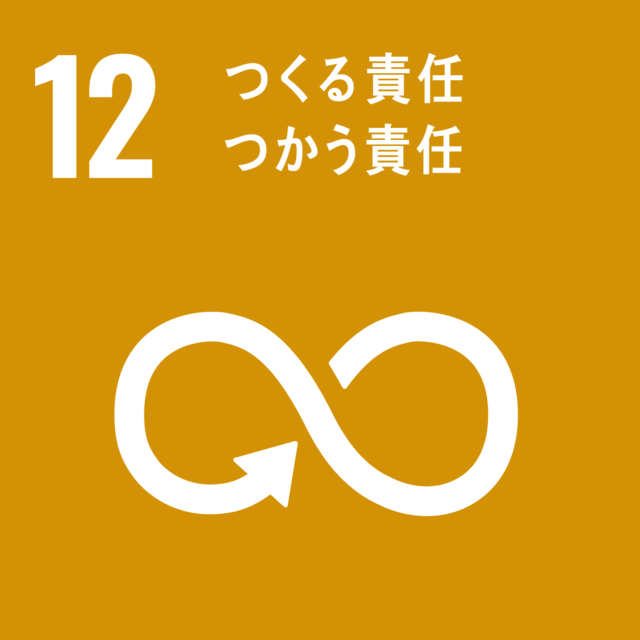
Ensure sustainable production and consumption patterns
【AromaQuest】will actively work to use reusable materials and create waste-conscious products.
Let's also protect the abundance of land.
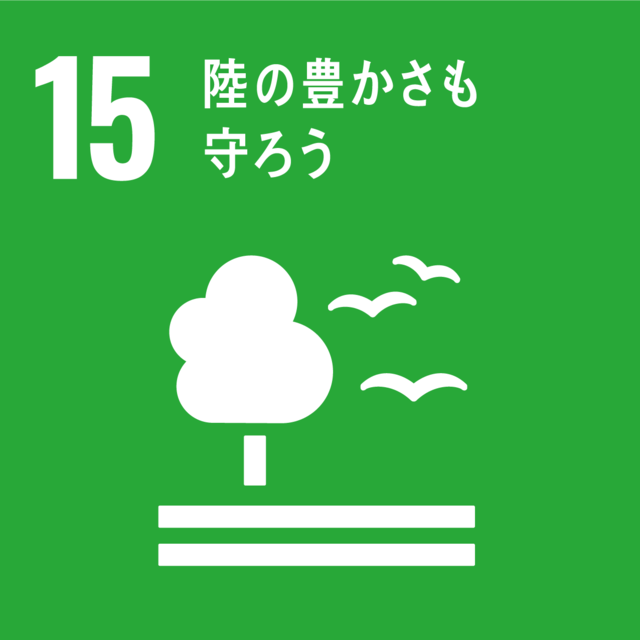
Protect, restore, and promote sustainable use of terrestrial ecosystems, manage forests sustainably, combat desertification, and halt or restore land degradation and prevent loss of biodiversity
Working with Kanagawa Prefecture to Prevent Child Abuse and Domestic Violence
Due to the changes in lifestyle and environment caused by the new coronavirus, there are concerns about the occurrence of child abuse and domestic violence caused by stress and anxiety. In response to this concern, Kanagawa Prefecture has been working on the "Corona Disaster" to provide counseling services on child abuse and domestic violence, as well as educational materials on prevention of child abuse and domestic violence in more familiar places, with an eye to new lifestyles such as teleworking and online shopping.
As a "Kanagawa SDGs Partner," we are also cooperating in a small way.
Anchor
19. A little column
~Stress and self-esteem~.
Mental Health Measures
Although the state of emergency declaration has been lifted, new lifestyles such as teleworking still discourage people from going out and spending more time at home. Being at home all the time does not allow one to vent, and stress inevitably builds up. What mental measures can we take to deal with this? One past event that can be used as a reference when thinking about this is the accident that occurred in Thailand in 2018.
It was in June, during the rainy season in Thailand. Twelve boys and a coach from the same soccer team were going to the deepest part of a cave for a little event that was popular among the boys at the time. Suddenly, however, heavy rain fell, flooding the entrance area and trapping them in the cave.
The boys had only one flashlight, but the batteries ran out and they had to wait in the pitch blackness of the cave for rescue.
While waiting to be rescued, they endured hunger by drinking only clean water that flowed down the walls, and they tried to stay calm by meditating under the guidance of their coach so as not to exhaust their strength and not to panic.
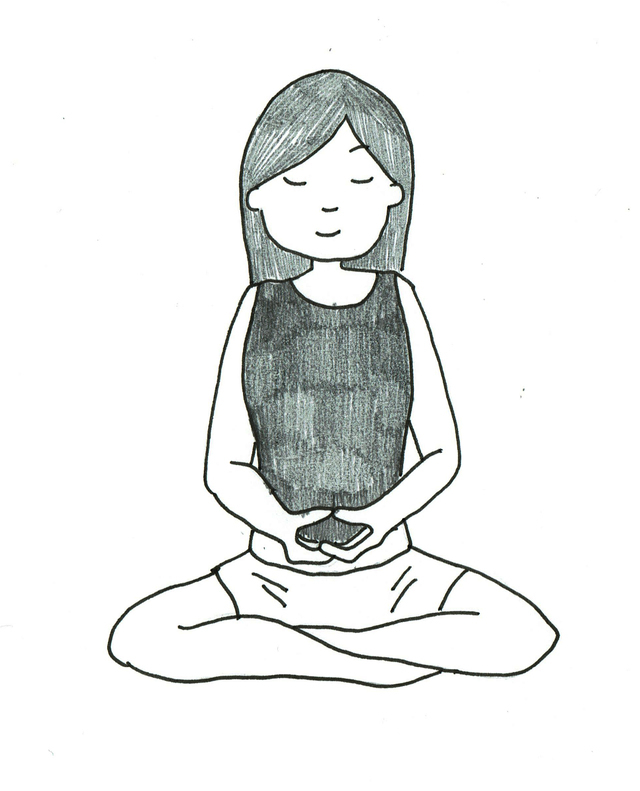
20代の若いコーチは、幼いころ家庭の事情により少年修道僧として寺院で生活していたことがあり、ヴィパッサナー瞑想を日々実践していたそうです。
*ヴィパッサナー瞑想・・・タイなど東南アジアの仏教国で実践されているマインドフルネス瞑想の一つ。「ものごとをありのままに見る」インドの最も古い仏教瞑想のひとつ。
また、少年たちがコーチの家に時々泊まっていたそうですが、就寝前には少年たちと祈りと瞑想を行っていました。祈りと瞑想は良い眠りを与えてくれますし、他のことを考えることを止めてくれます。
コーチは、ただ単に瞑想を実践するだけででなく、仏道修行によって形成された人徳と少年たちとの強い信頼関係があったからこそ、彼らの命をつなぐことができたのではないかと考えられます。
救出時には、少年たちが誰一人としてパニック状態に陥らず、落ち着いた表情で時には笑顔を見せながら、ダイバーたちと会話している様子が放送され、その状況に世界中が驚かされたのは、後日談として語られています。
What is self-affirmation?
Self-affirmation. Self-affirmation is a sense of affirmation and acceptance of oneself. Depending on whether one has a high or low sense of self-affirmation, there is a difference between being able to overcome problems and being held back by them.
There is a parable that says, "If a glass of water is half full, do you think it is still half full or only half empty? This is related to how we perceive all events in our lives, and self-affirmation is a major key to determining how we react to them.
For example, if a job does not go as expected, even if the results are the same, the two "take it" in completely different ways.
A person with a high sense of self-esteem accepts it in this way: "It's not at the level of great satisfaction, but I'm happy.
I am not at the level of great satisfaction, but I did the best I could do. I can do better next time.
On the other hand, those who do not have high self-esteem
I am not very satisfied with the result. Why couldn't I do better? Why couldn't I do better? Why couldn't I do better?
They blame themselves and worry. They blame themselves and are distressed. And, in terms of their work, they tend to picture themselves as "failures.
If you work with such an image, it will be difficult to get a good result. This only deepens their problems.
In relationships as well, people with high self-esteem are able to accept people who don't work well with them in this way: "We don't get along, but I'm not the one to do it.
They may not be on the same page, but I am treating them with sincerity, and that's fine. That's all right.
However, if a person lacks self-esteem, it is difficult for him or her to accept the situation in this way.
If you lack self-esteem, however, it is difficult for people to accept you in this way. I don't know how to make the other person accept me. I don't know what to do.
You still blame yourself. This means that you are at the mercy of your relationship problems.
This is a one-size-fits-all situation, and because of this contrasting way of perceiving every event, whether it is in the family or in love, the difference in the long span of "life" can be significant.
People with high self-esteem weave through life with a sense of fulfillment, whereas those who do not tend to dwell and worry all the time, are always anxious, and in some cases, may even become mentally ill.
Work, relationships, childcare, love, and academics・・・・ are important things that come before effort, environment, and talent. The most important thing that comes before hard work, environment, and talents is self-confidence.
[Self-Compassion].
Compassion is toward others, but at the root, there must be compassion and caring for oneself. It is believed that people today have a high tendency to have a low spirit of compassion toward themselves and think that they are worthless people. In fact, it has been found that when such a person reaches out to someone in need, he or she will ask for something in return without even being aware of it. If they are not appreciated, they do not see the value in what they have done, and they fall into self-loathing. This is said to be very common among people today.
In order to give true help to others without asking for anything in return, it is important that we first accept our own existence and relate to ourselves with compassion. In other words, compassion for myself. In recent years, this compassion for oneself has been called self-compassion and has been studied in depth by Western psychological researchers.
In recent years, Western psychologists have deeply studied this concept of self-compassion, and data have shown that people who have this compassion for themselves are healthier in mind and body.
[Take good care of yourself.
Have you ever comforted someone recently?
Have you ever encouraged someone who made a mistake?
Have you spoken words of sympathy?
If you could see that someone you are involved with has a clouded or depressed expression on their face, you would want to do something to help them.
People with self-esteem challenges often choose to do things for others at the expense of themselves. They are people who have the warmth of heart to care for others when they are in difficult situations.
So when you think back, there are probably a number of times when you have counseled or helped someone who was struggling.
Let's dare to say such words that we have thrown at others to ourselves. If you can't say them out loud, you can say them from your heart. Words of compassion, encouragement, and sympathy for others can also be words of compassion, encouragement, and sympathy for yourself.
'No matter what happens, I am on my own side.'
"If things don't go well, that's okay.
"Come on, let's have a drink and freshen up."
To be fair to oneself and others in the same way is to have a broad heart, and is nothing less than true gentleness.
Let's be considerate of ourselves as we are considerate of others.
